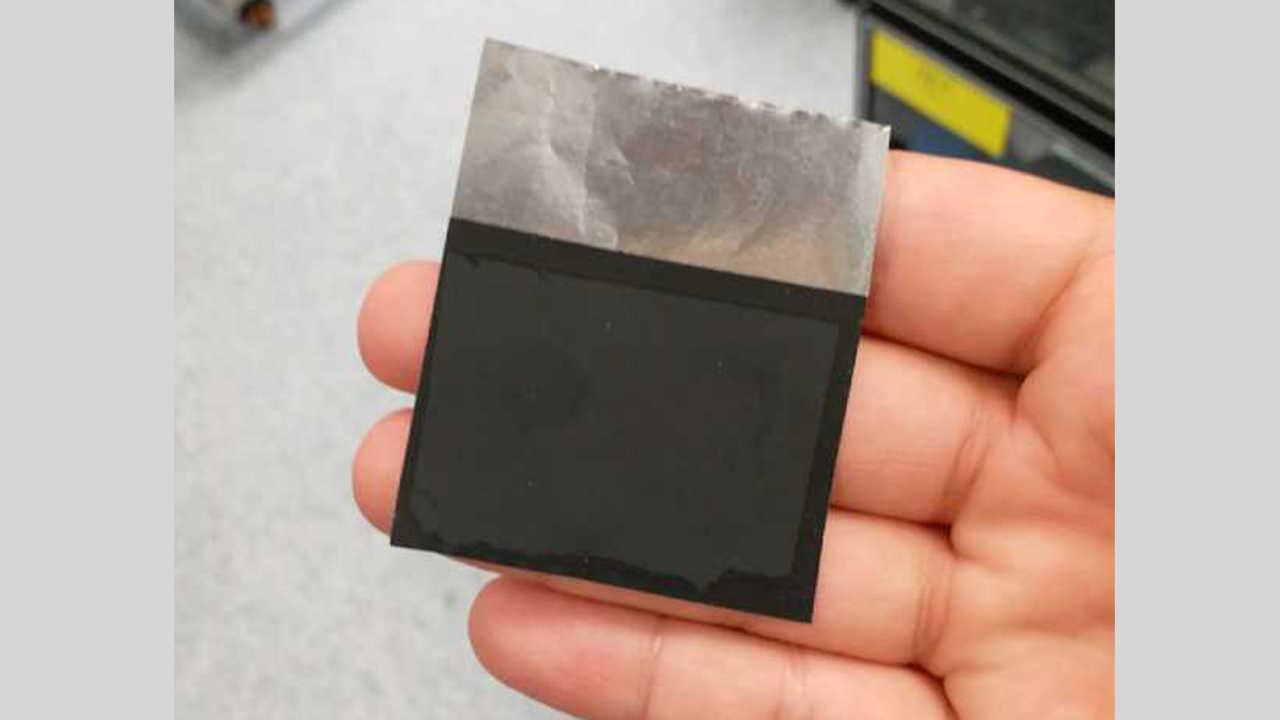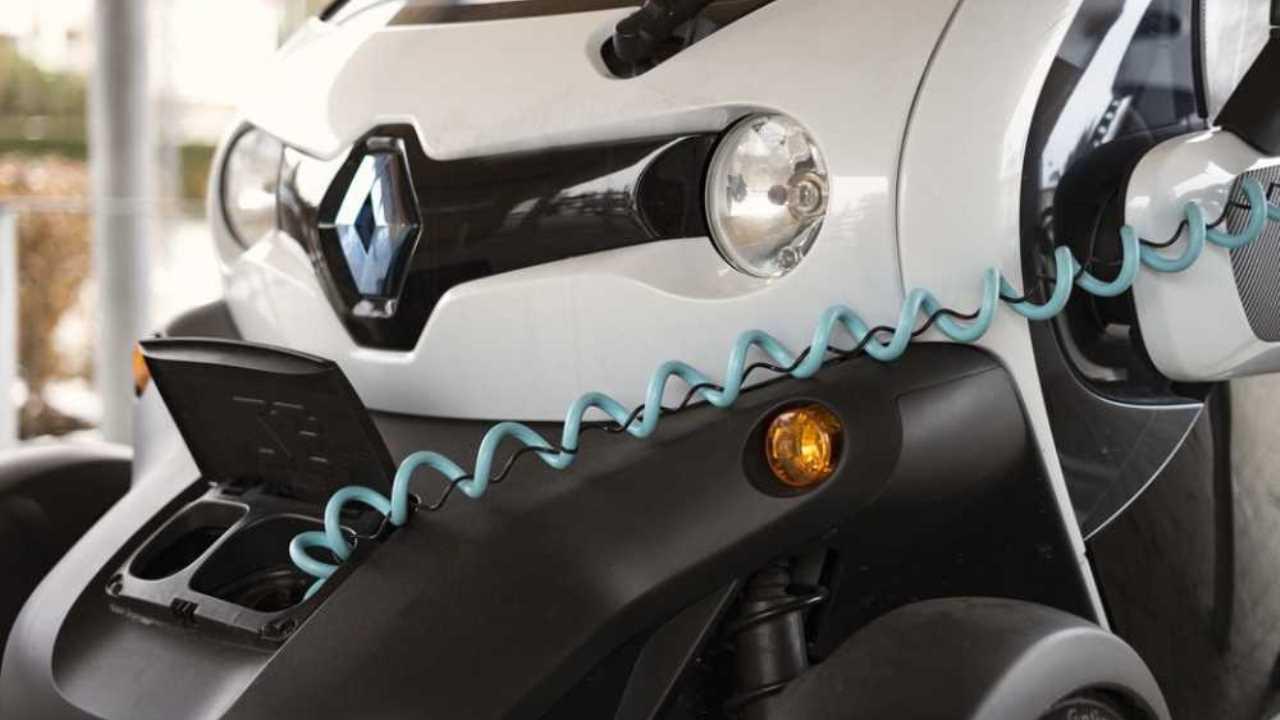
- :::Home
- HK Technologies
- Solvent-Free Dry Cathode
Solvent-Free Dry Cathode
Unlike the conventional slurry cathode which uses harmful solvents in the fabrication process, NAMI’s dry process is much safer, low-cost and more environmentally friendly without using harmful solvents for cathode and battery fabrication.
- NAMI’s dry process is ideal for high capacity loading cathodes of 5 mAh/cm² and above.
- As a dry process, there is no limitation on the binder variety used in the cathode, enabling easy material optimization for the resultant electrode properties including high stability, high power and high flexibility.
- Easy fabrication
- High capacity loading
- High variety of binder for different electrode properties
- Environmentally friendly and low manufacturing cost
- Any lithium ion batteries including electric vehicle batteries, consumer electronic batteries, energy storage batteries, and special application batteries, etc.
As a Materials Expert, Nano and Advanced Materials Institute (NAMI) has a strong portfolio of innovative technologies to support and collaborate with the industry, offering frontier-applied research on advanced materials as well as technology transfer for commercialization success.
NAMI, incorporated in 2006, is designated by the Innovation and Technology Commission of the Hong Kong Government as a Research and Development Center for nanotechnology and advanced materials. NAMI undertakes and provides support for market-driven research in nanotechnology and advanced materials, and strives for commercialization of the technologies to benefit the industry and the society at large, as well as re-industrialization to promote the economic growth and sustainability of Hong Kong.
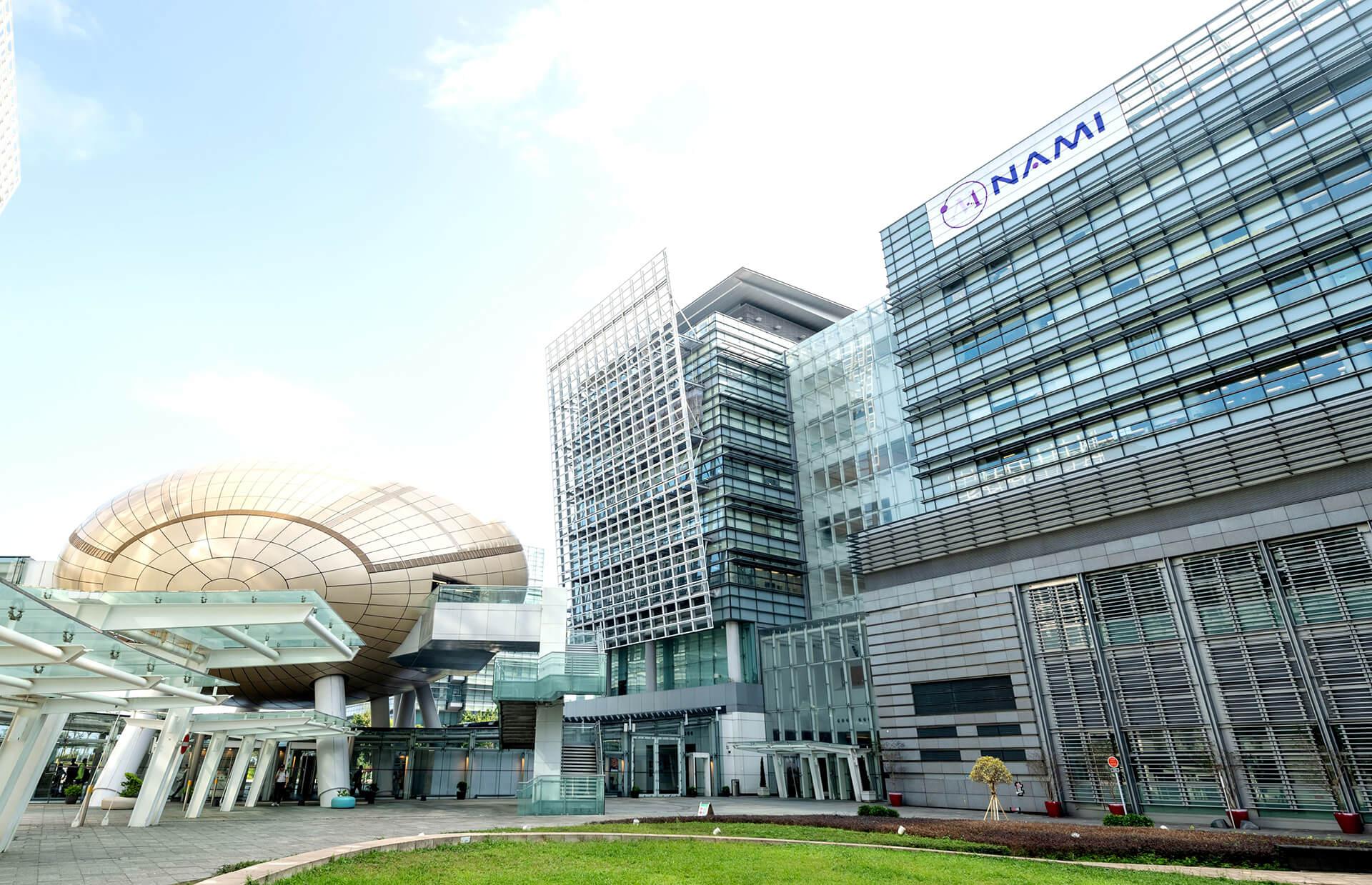
-
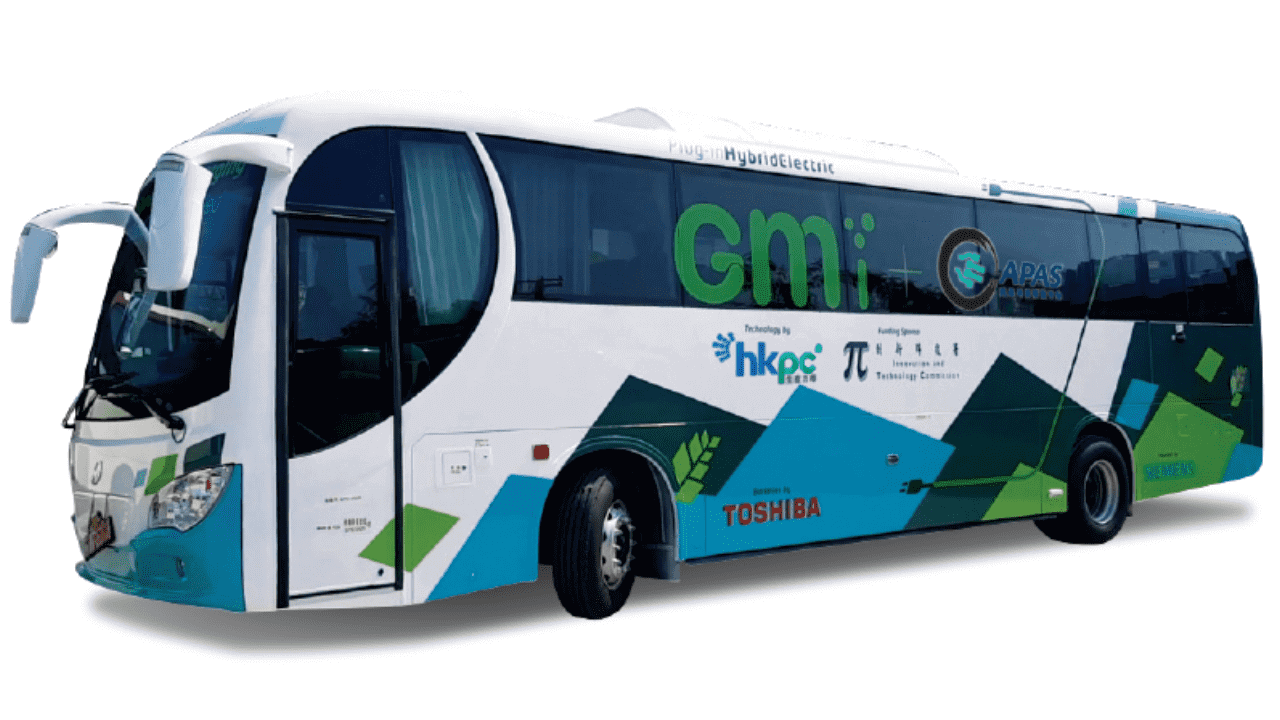 Range Extender Hybrid eCoach
Range Extender Hybrid eCoach -
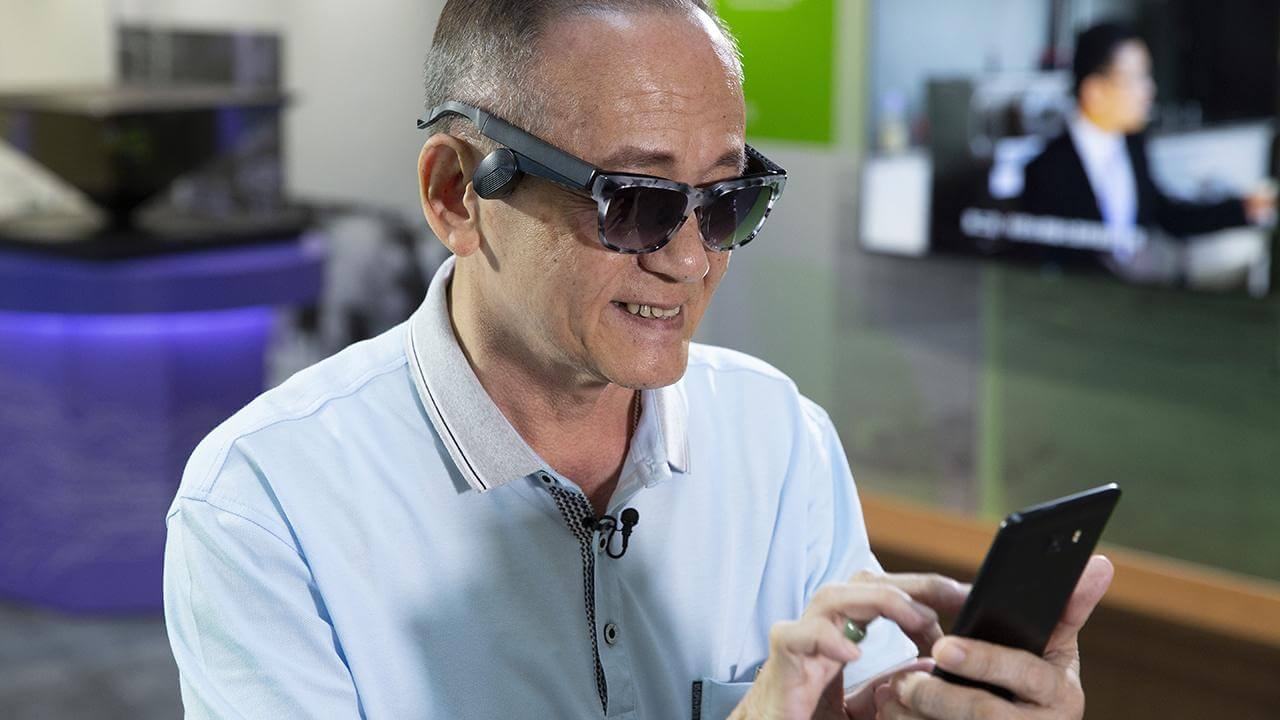 Smart Glasses
Smart Glasses -
 Firm-to-Soft Intelligent Floor Mat for Fall Injury Prevention
Firm-to-Soft Intelligent Floor Mat for Fall Injury Prevention -
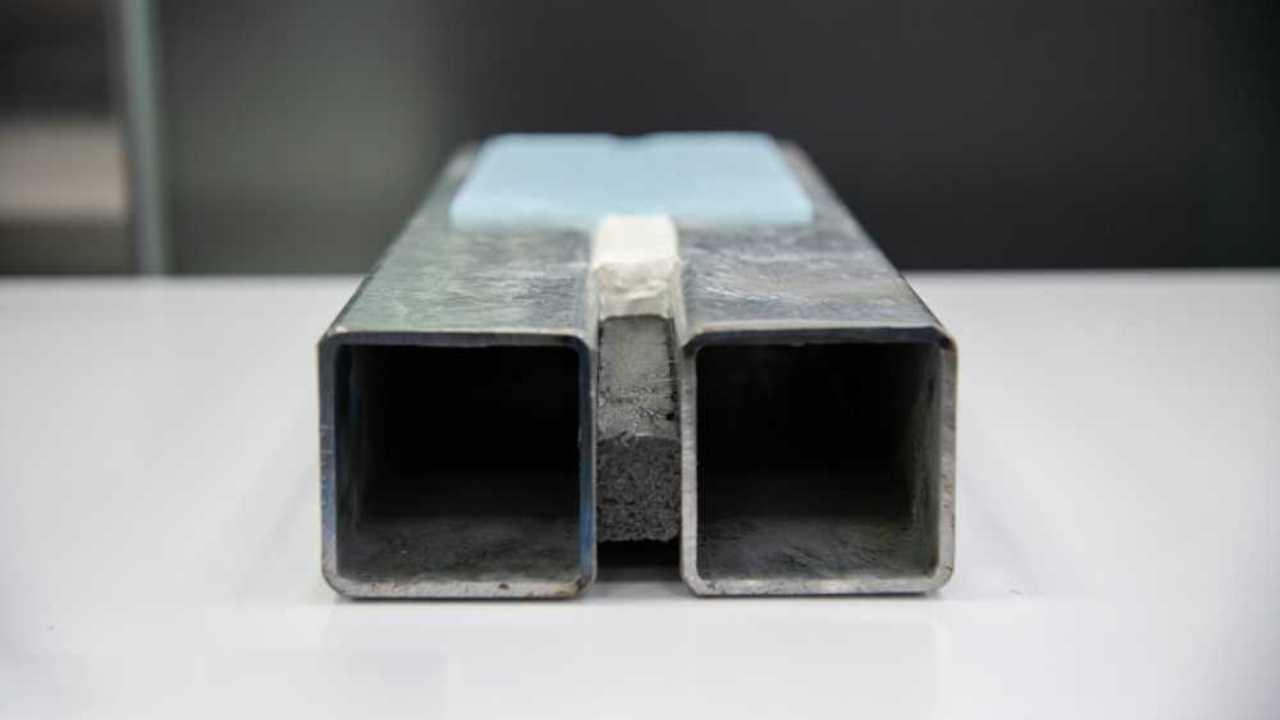 Fireproof, Smokeproof and Waterproof Module Stitching System
Fireproof, Smokeproof and Waterproof Module Stitching System -
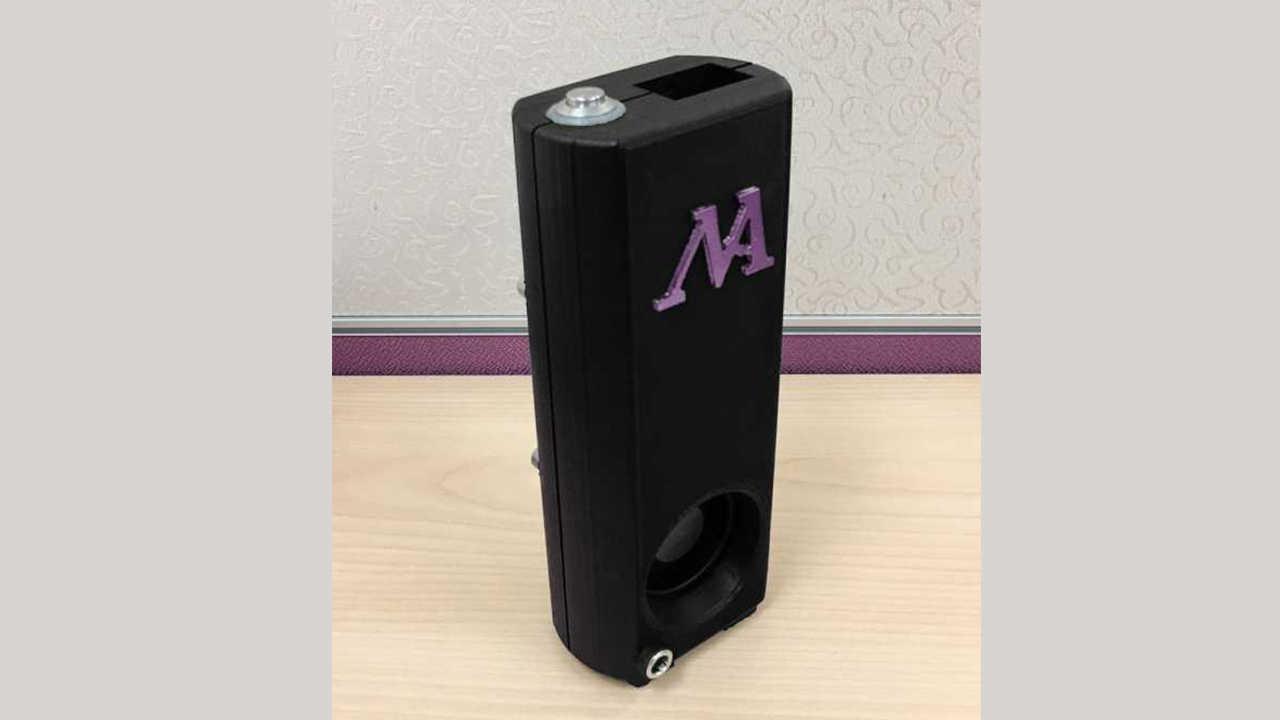 Plasma-Driven Catalysis (PDC) Air Purification
Plasma-Driven Catalysis (PDC) Air Purification -
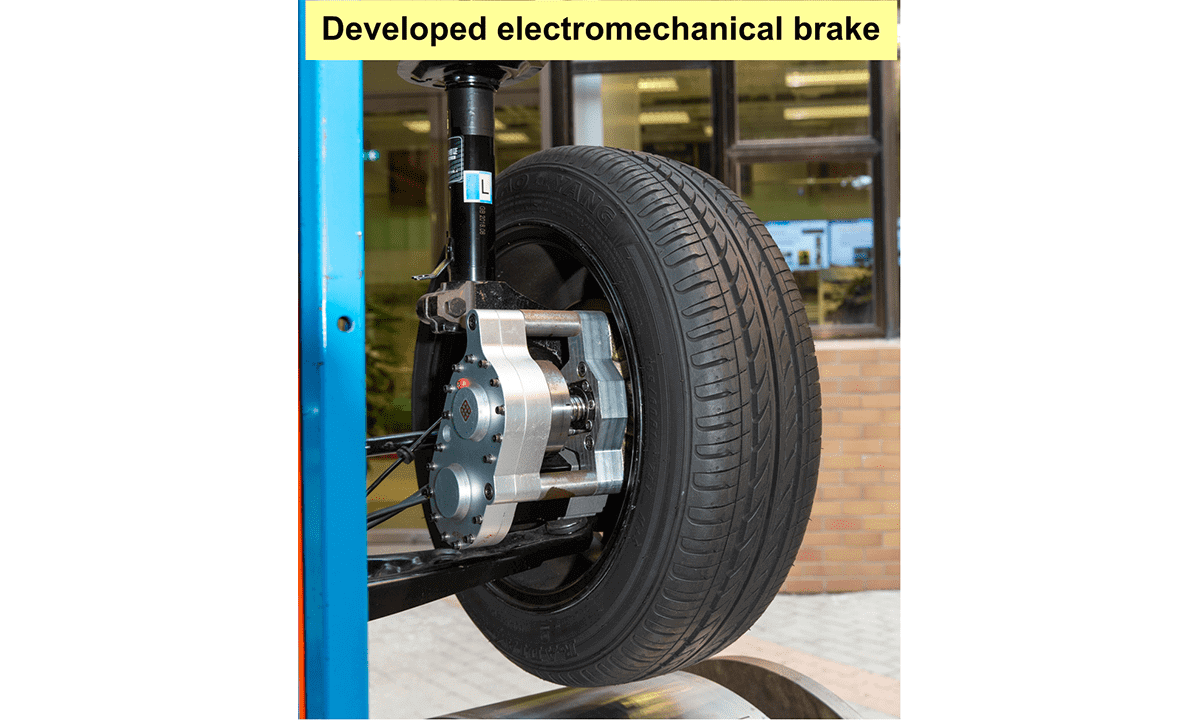 All-electric Intelligent Anti-lock Braking System
All-electric Intelligent Anti-lock Braking System -
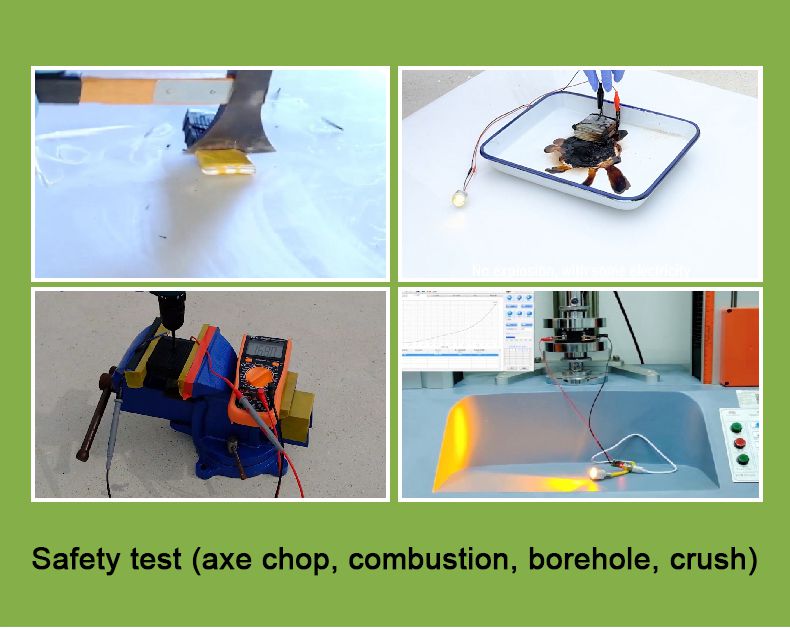 Aqueous Batteries with Ultimate Safety
Aqueous Batteries with Ultimate Safety -
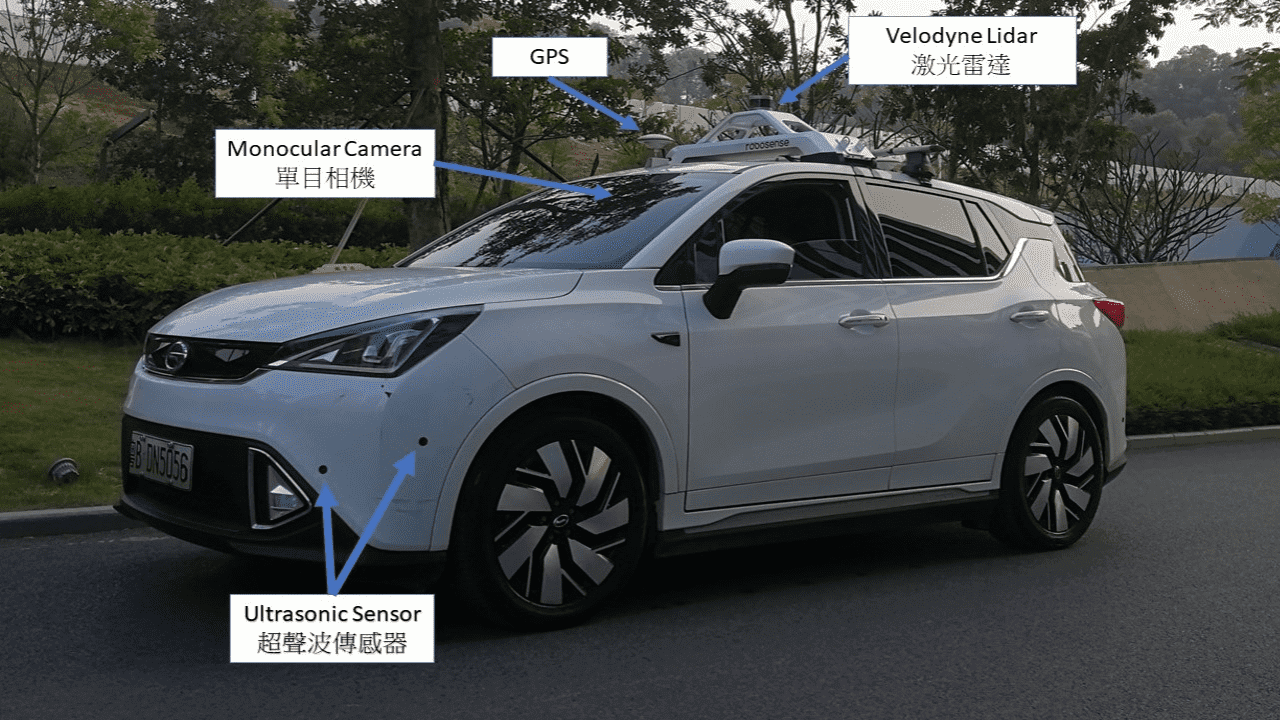 Smart Automatic Parking Module for Electric Vehicles
Smart Automatic Parking Module for Electric Vehicles -
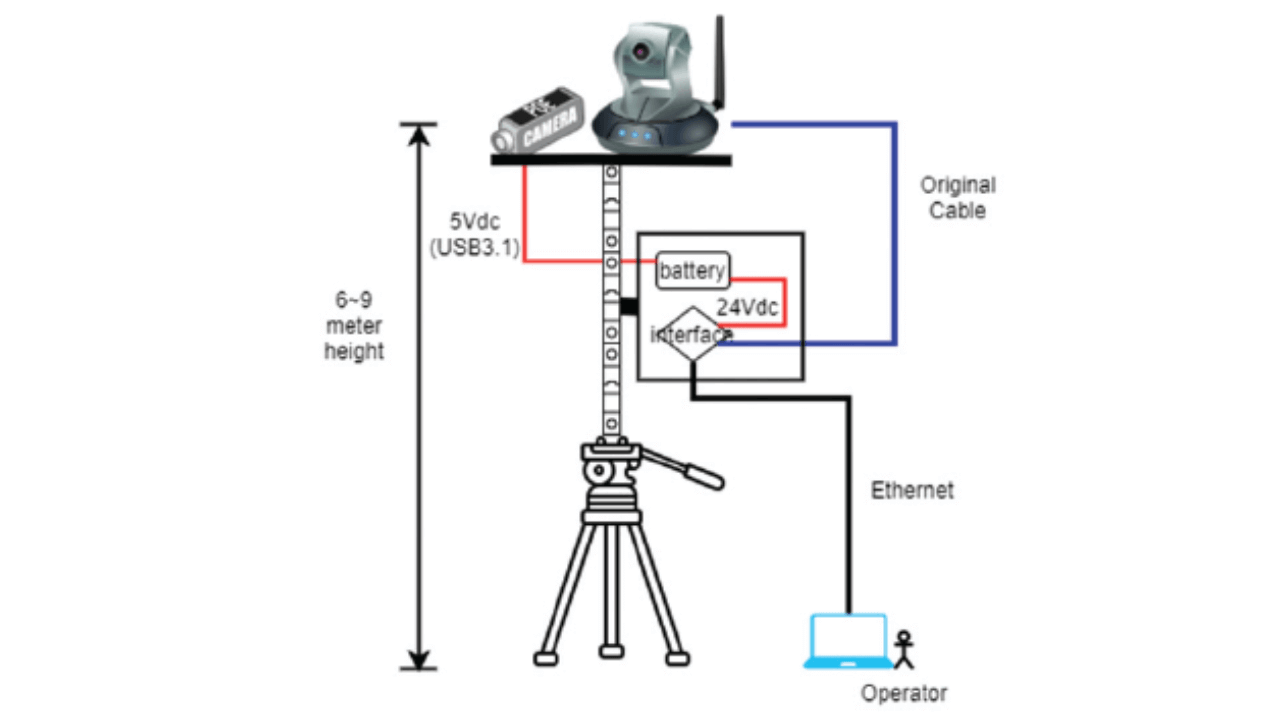 Roadside LIDAR and V2X Communication
Roadside LIDAR and V2X Communication -
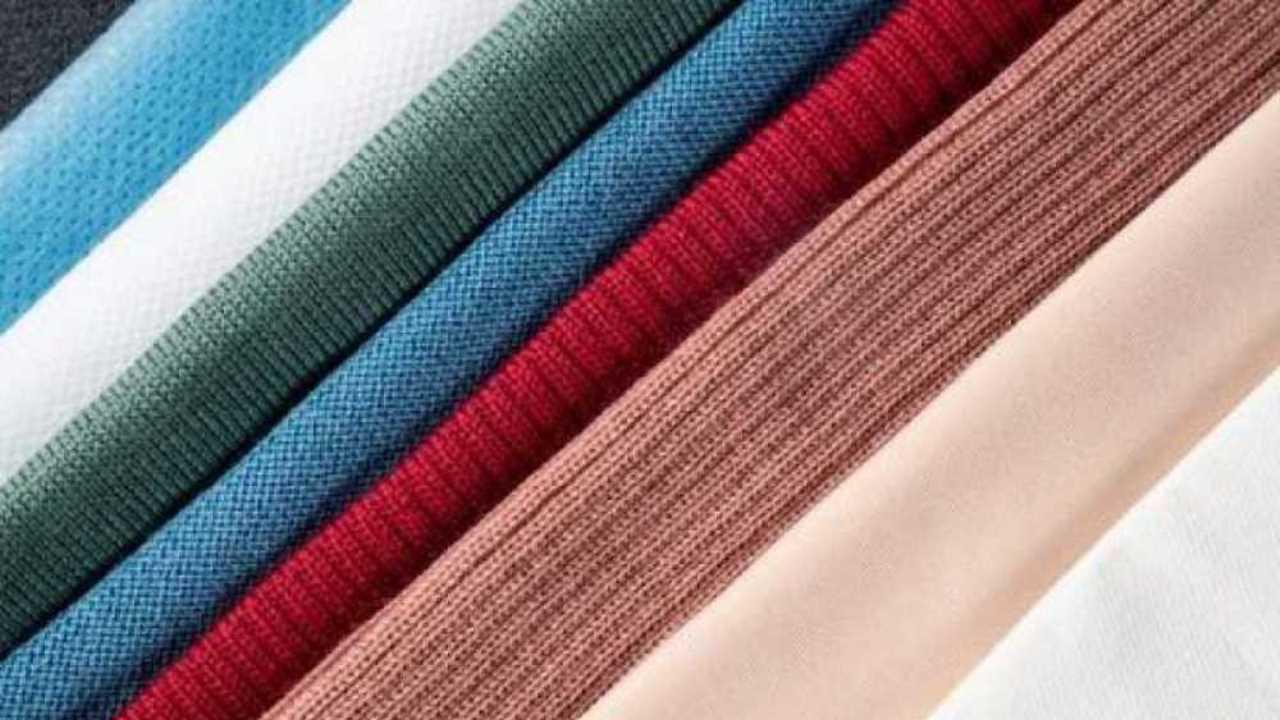 Washable Antiviral and Antibacterial Textiles
Washable Antiviral and Antibacterial Textiles -
 Non-invasive Diagnosis of Internal Combustion Engine Performance
Non-invasive Diagnosis of Internal Combustion Engine Performance -
 High Power Density and High Efficiency Motor Controller
High Power Density and High Efficiency Motor Controller -
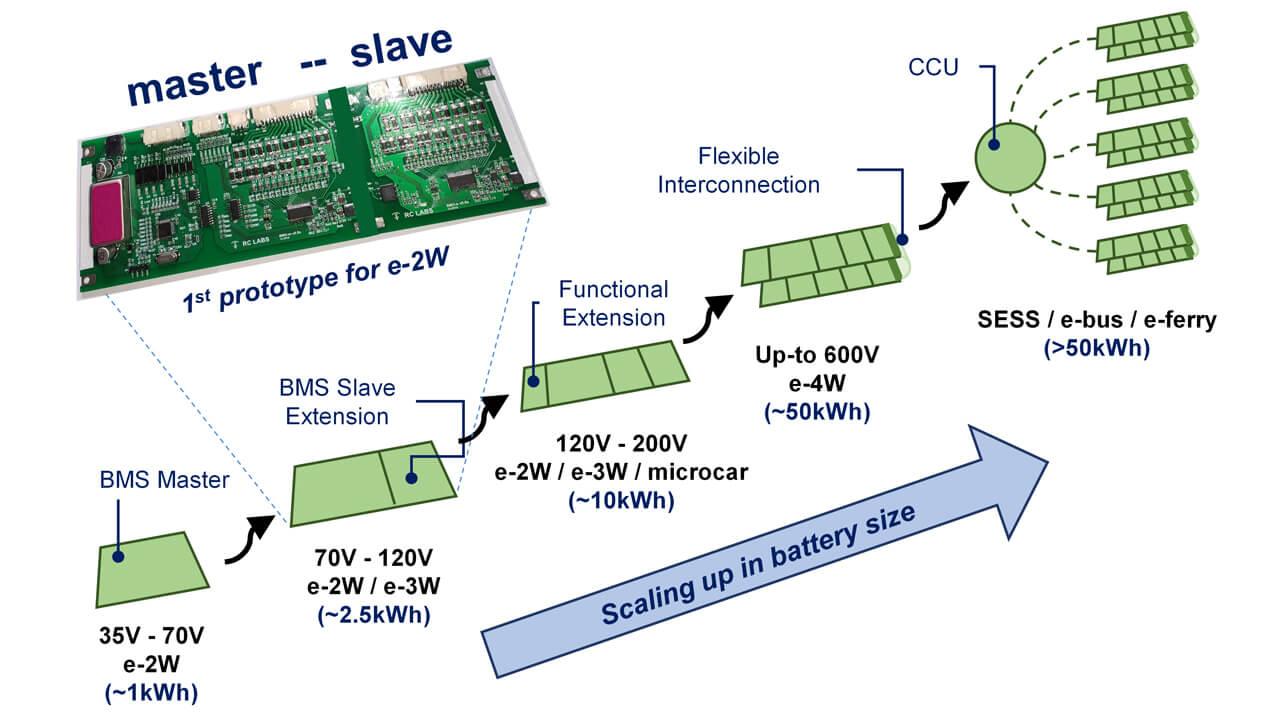 Intelligent battery management system for electric vehicles and stationary energy storage
Intelligent battery management system for electric vehicles and stationary energy storage -
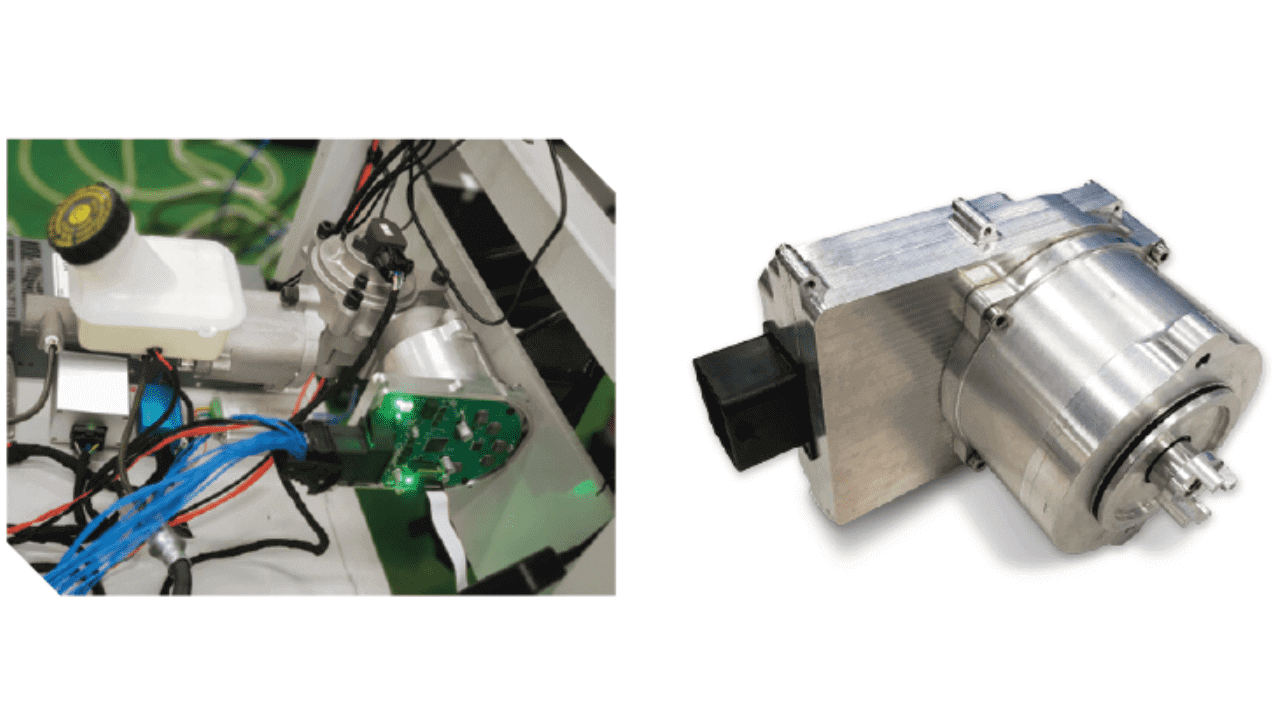 Smart Electric Brake Booster
Smart Electric Brake Booster -
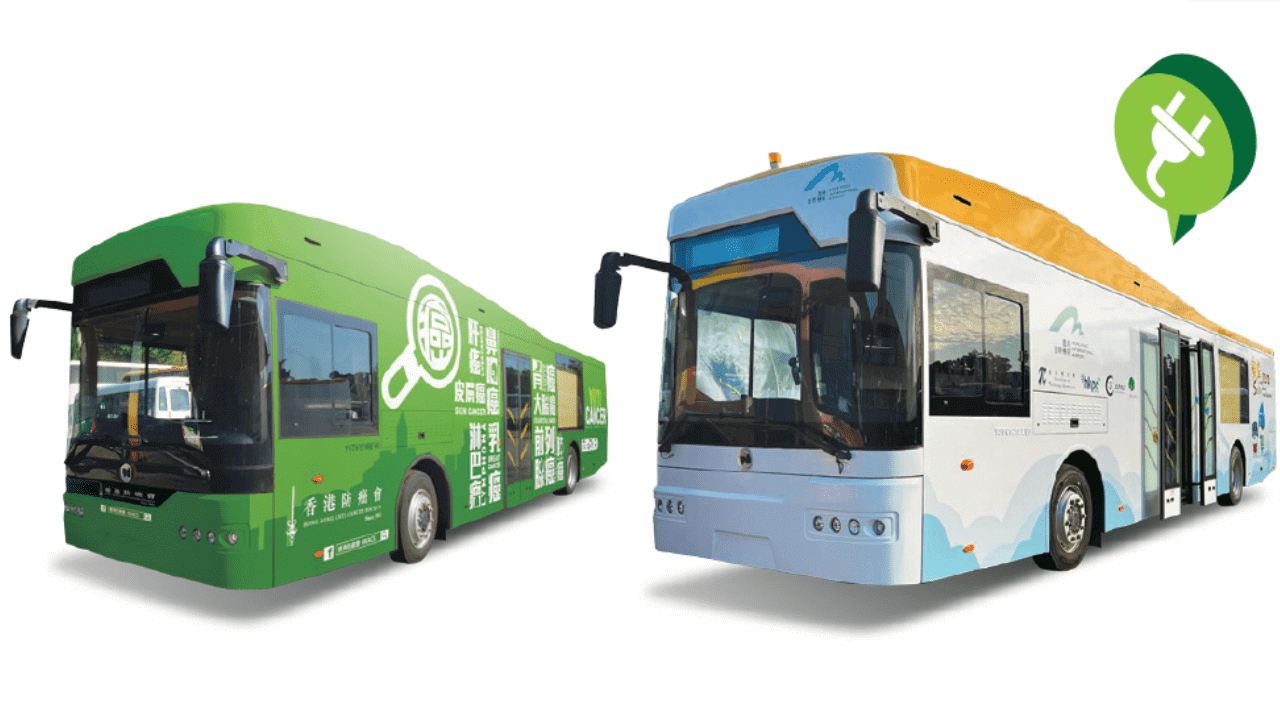 Intelligent Single-deck eBus
Intelligent Single-deck eBus -
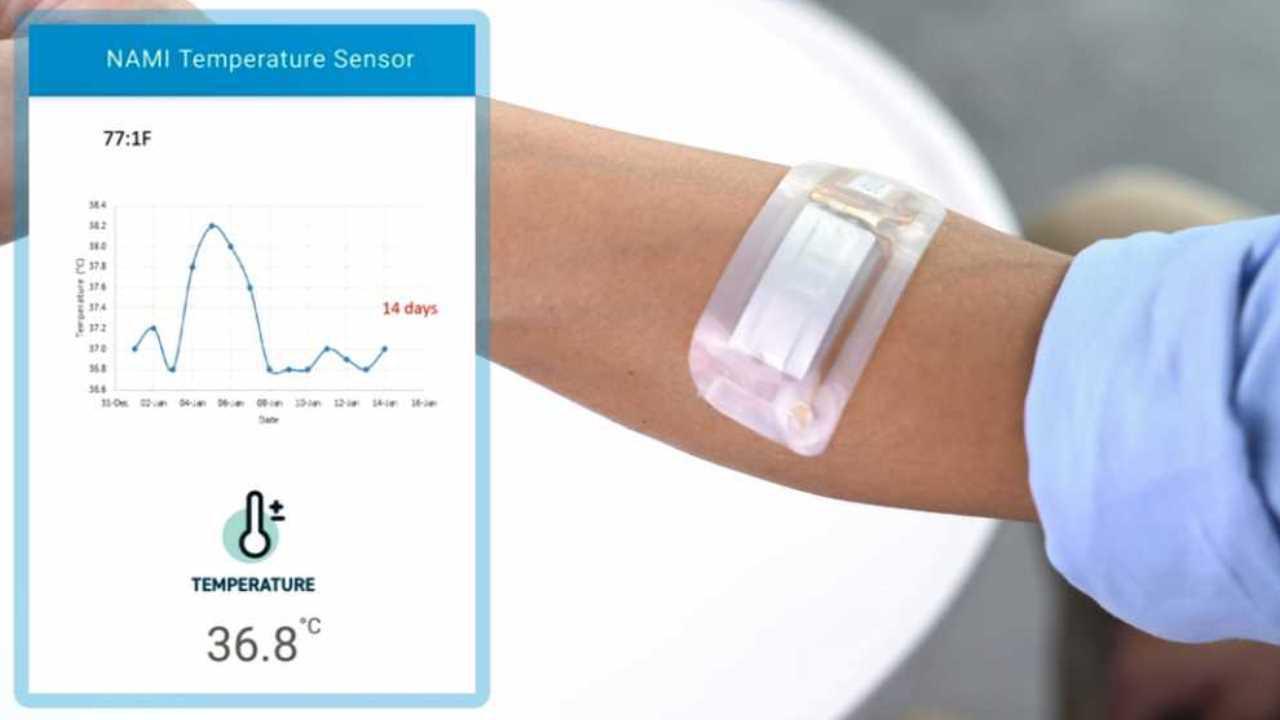 Flexible IoT Temperature Patch for Healthcare Application
Flexible IoT Temperature Patch for Healthcare Application -
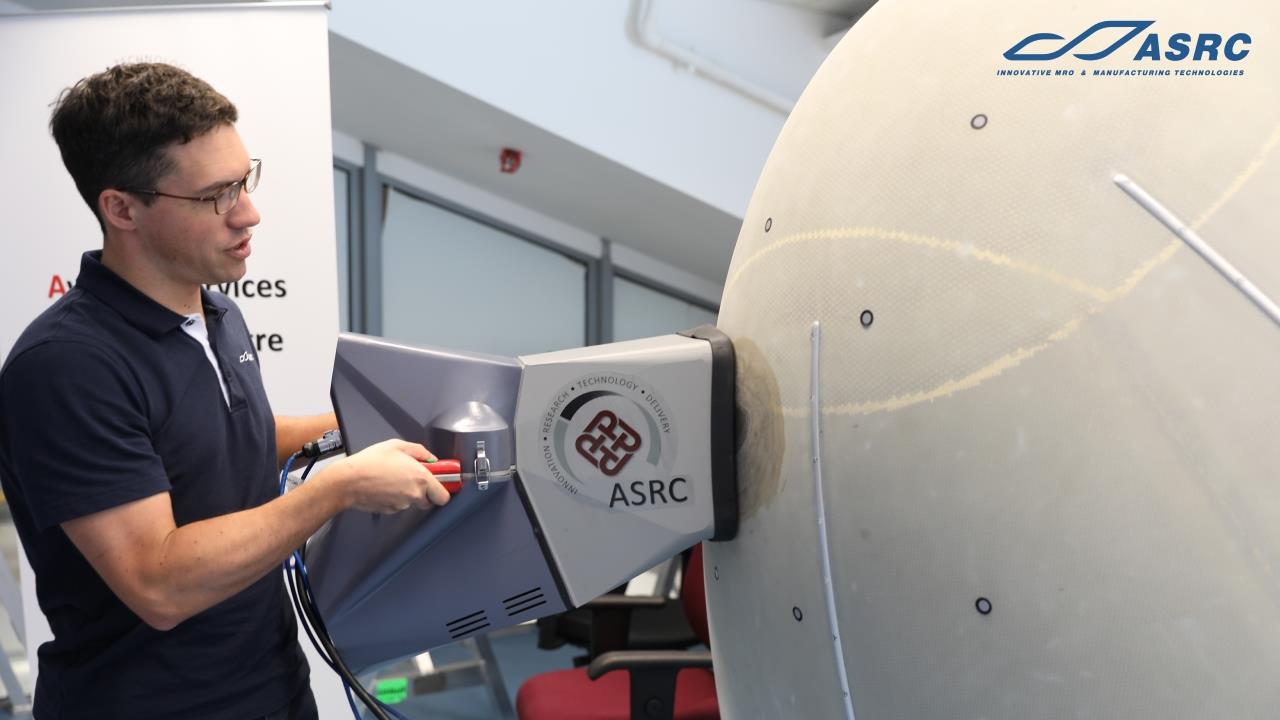 Aircraft Damage Inspection and Assessment
Aircraft Damage Inspection and Assessment -
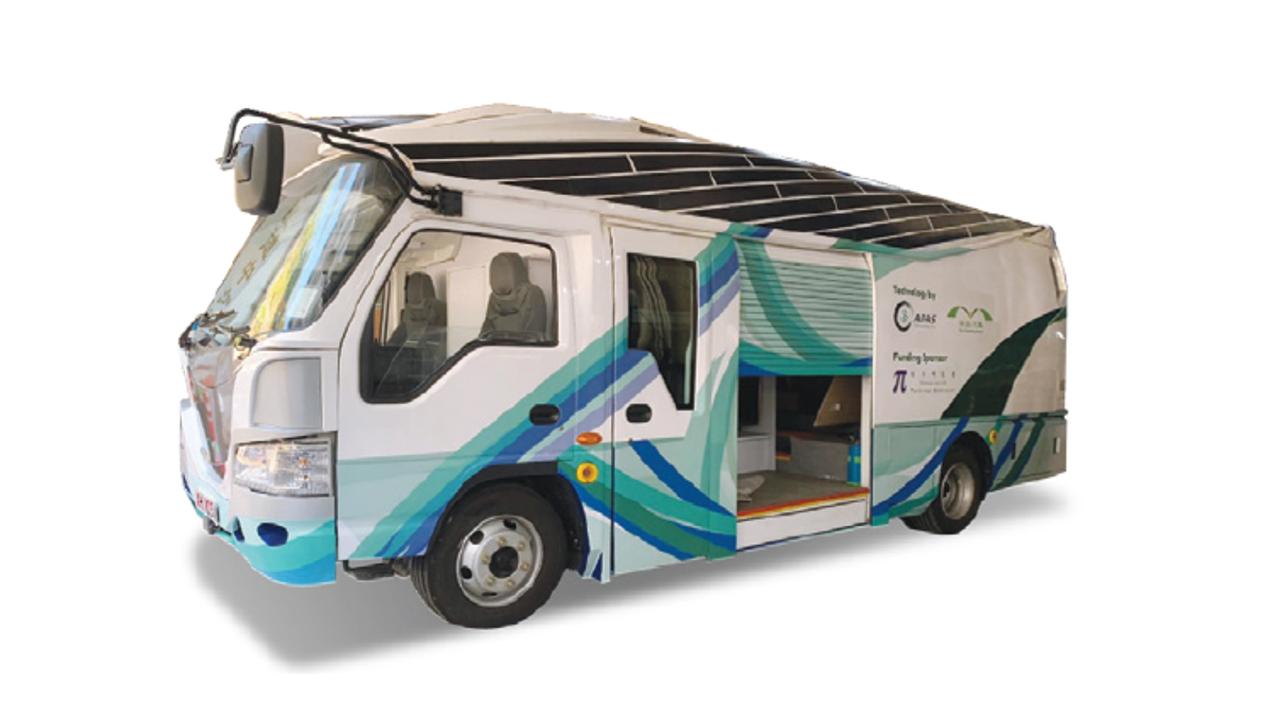 Pure Electric Minibus with Swappable Batteries
Pure Electric Minibus with Swappable Batteries -
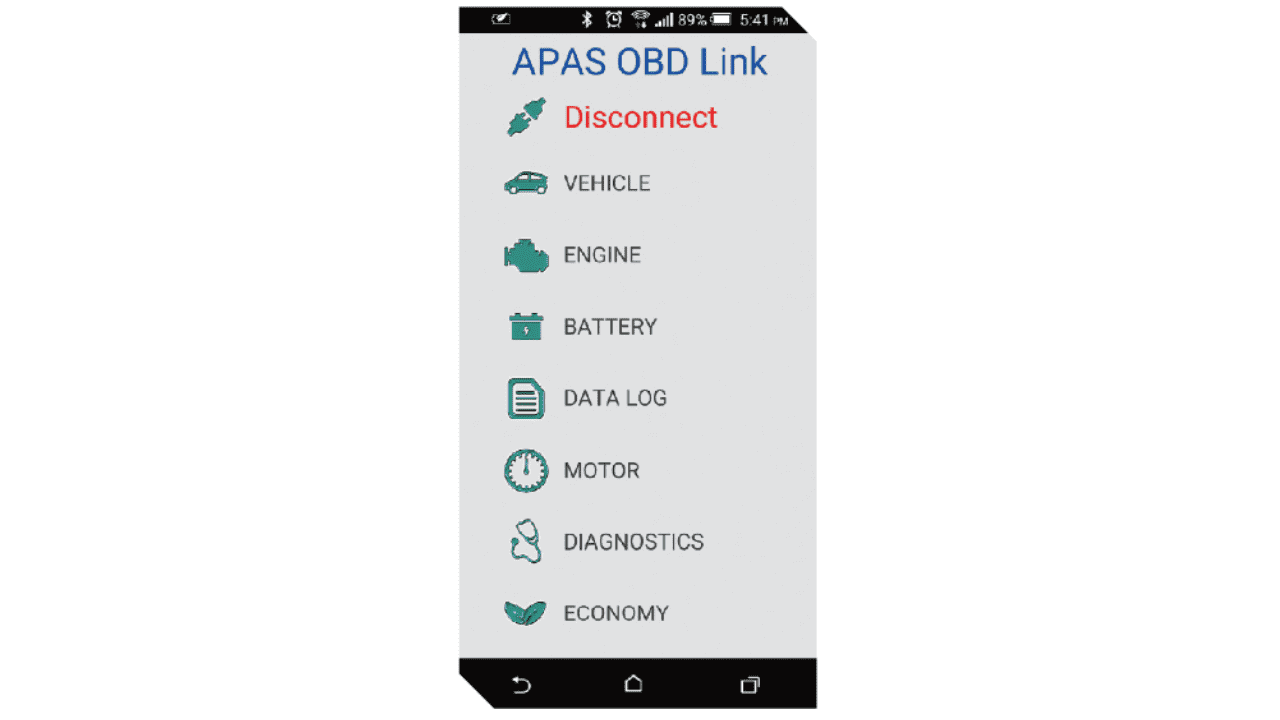 Laser-assisted Progressive Forming (LAPF)
Laser-assisted Progressive Forming (LAPF) -
 Long-Life Battery Powers Trolley Trackers
Long-Life Battery Powers Trolley Trackers -
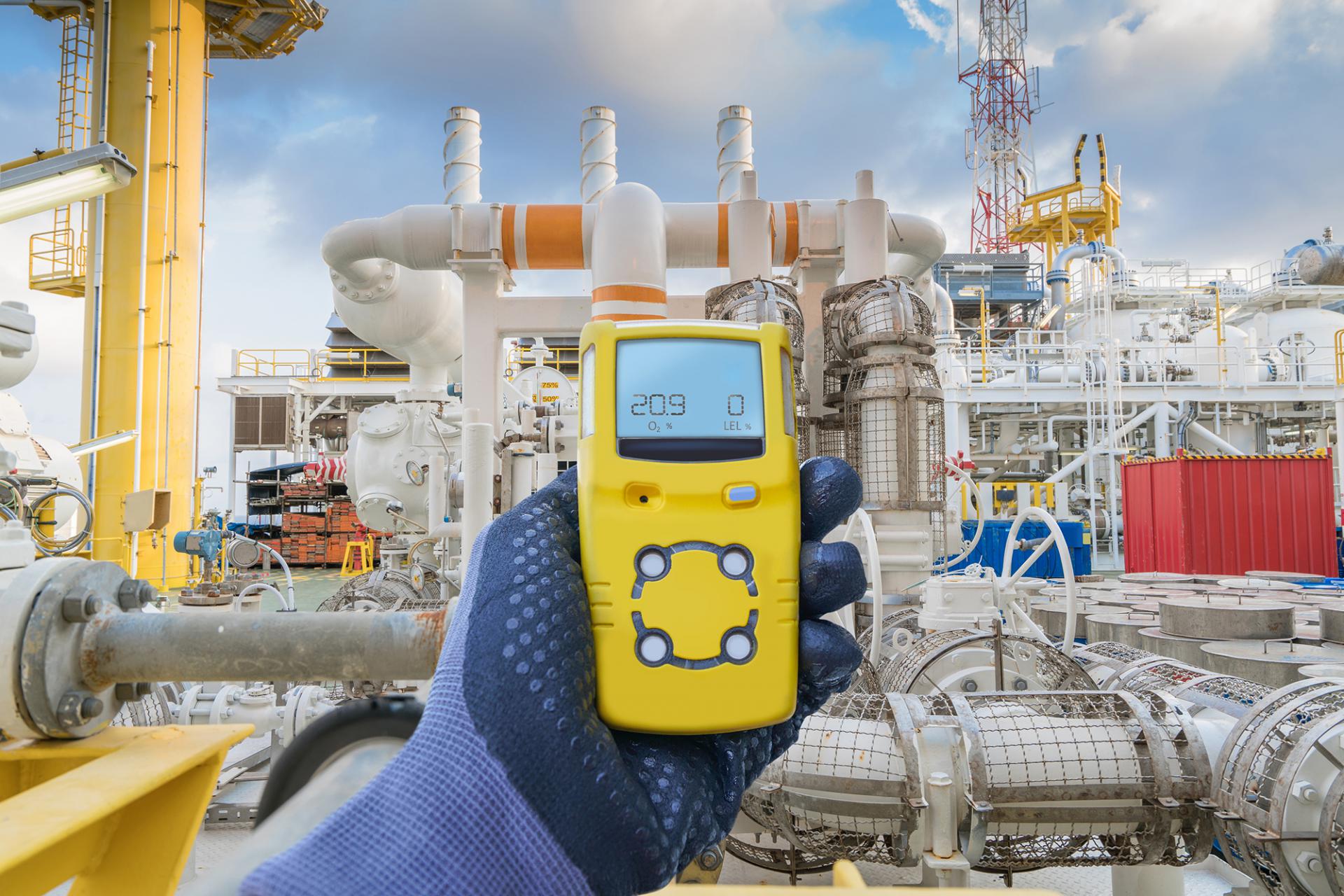 Nanostructured Gas Sensors
Nanostructured Gas Sensors -
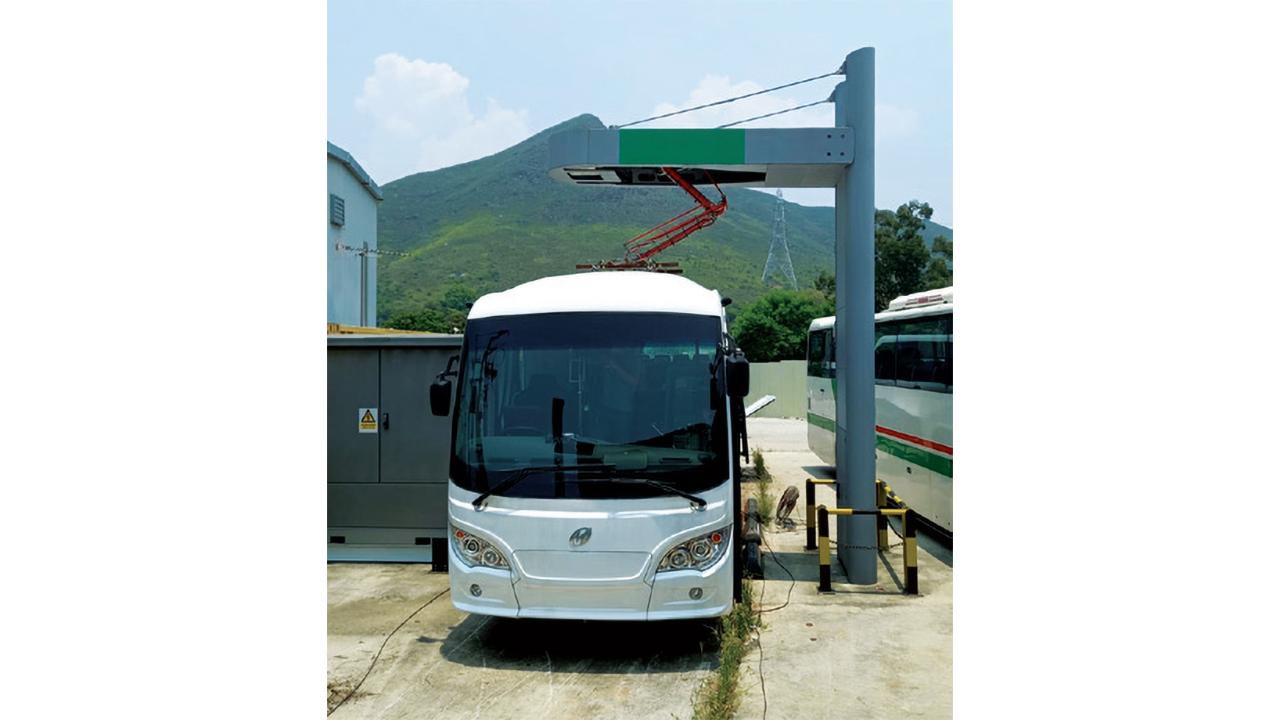 300kW Pantograph High Power Charging Station & Pure Electric Minibus
300kW Pantograph High Power Charging Station & Pure Electric Minibus -
 Antiviral Hydrophobic Surfaces via Laser-Structured Copper Nanoparticles
Antiviral Hydrophobic Surfaces via Laser-Structured Copper Nanoparticles -
 Development of Vehicle Platoon Control System Based on V2V Communication
Development of Vehicle Platoon Control System Based on V2V Communication -
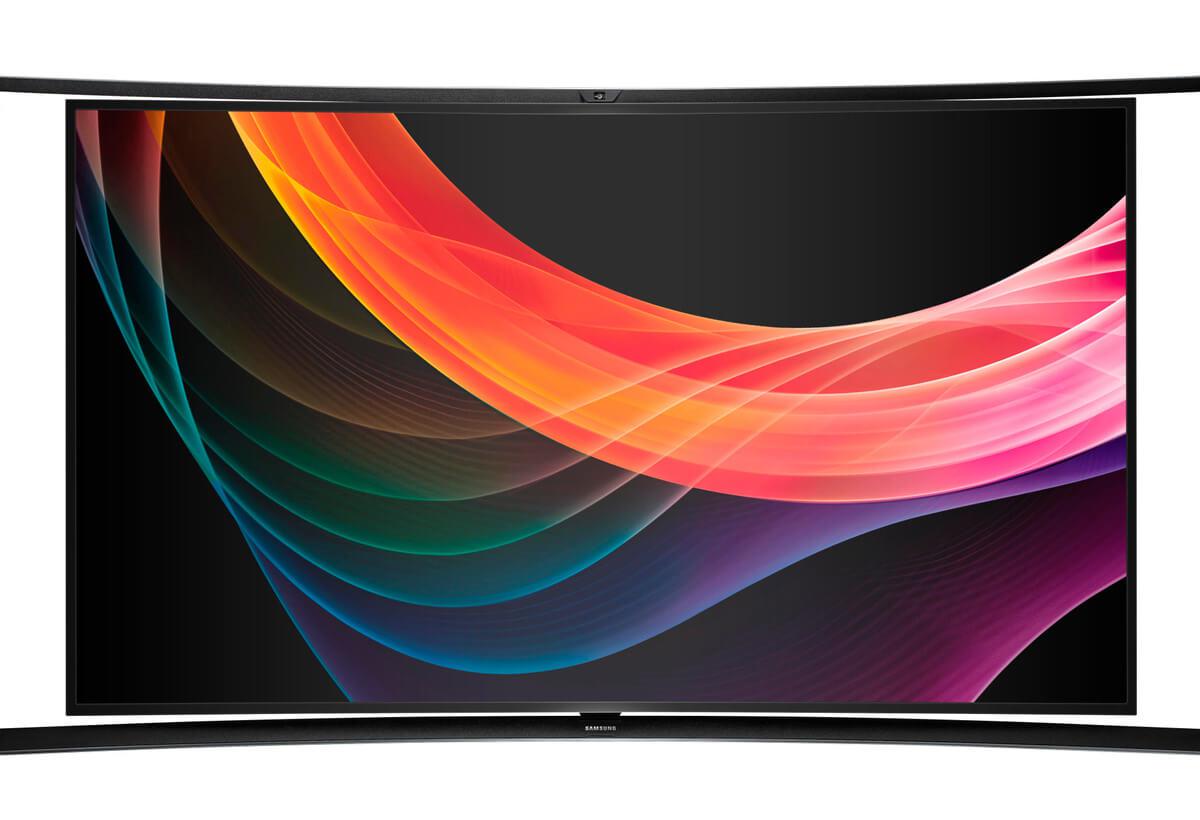 Gold(III)-based Emitter Materials for OLED Application
Gold(III)-based Emitter Materials for OLED Application -
 The 2nd Generation MOST-150 In-vehicle Infotainment System
The 2nd Generation MOST-150 In-vehicle Infotainment System -
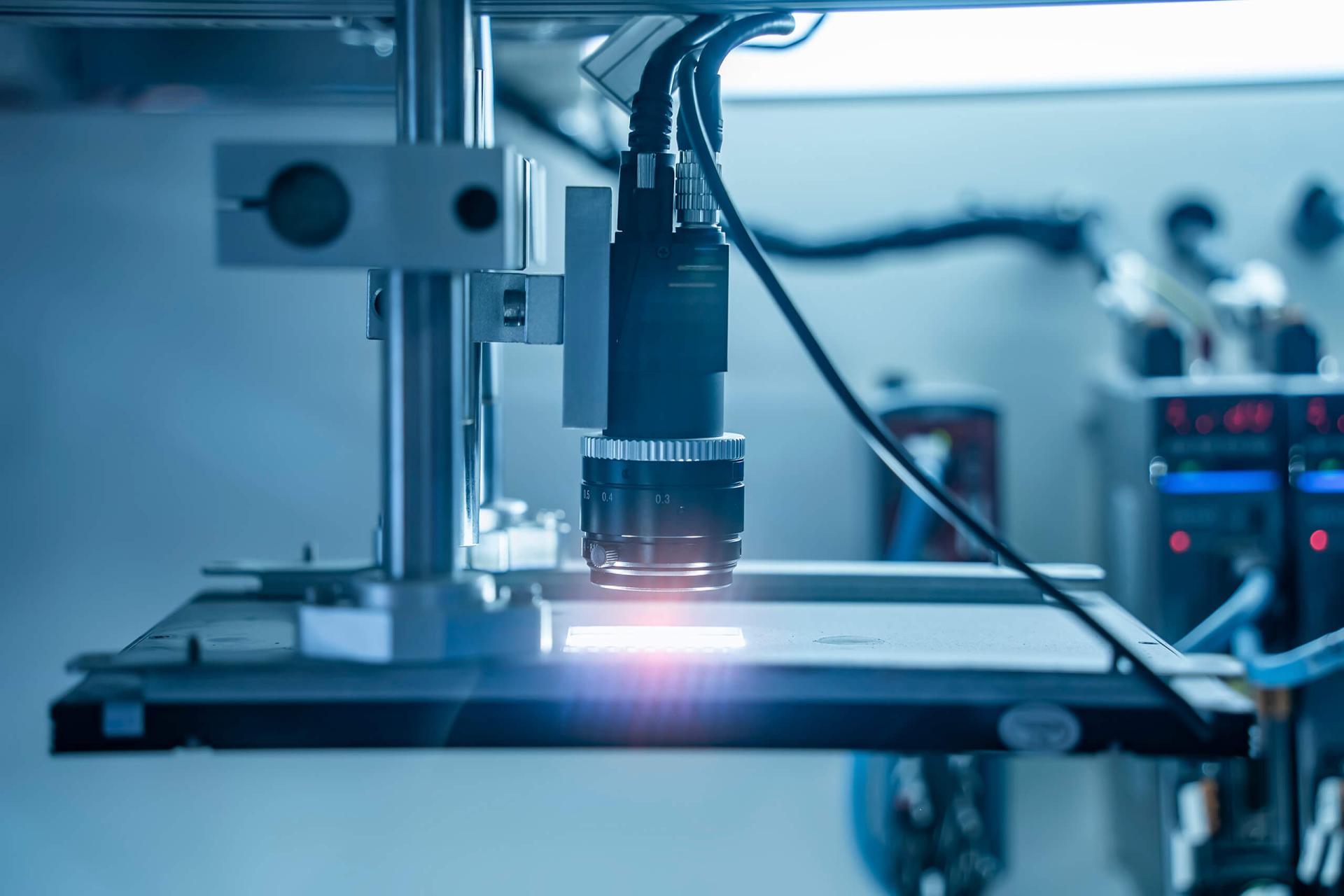 Metal-Heterostructure-Metal (MHM) Ultraviolet Photodetectors
Metal-Heterostructure-Metal (MHM) Ultraviolet Photodetectors -
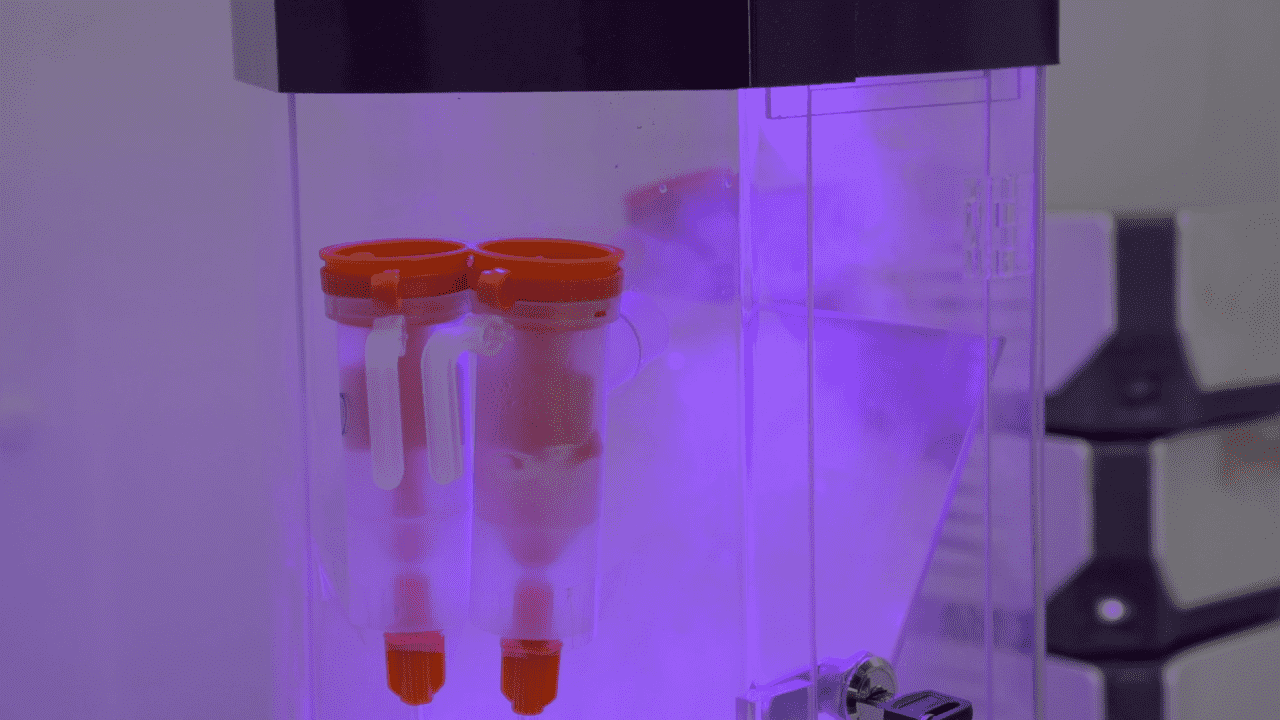 Functional Atomized Nano-Coating Technology
Functional Atomized Nano-Coating Technology -
 High-performance Two-phase Immersion Coolant for Thermal Management
High-performance Two-phase Immersion Coolant for Thermal Management -
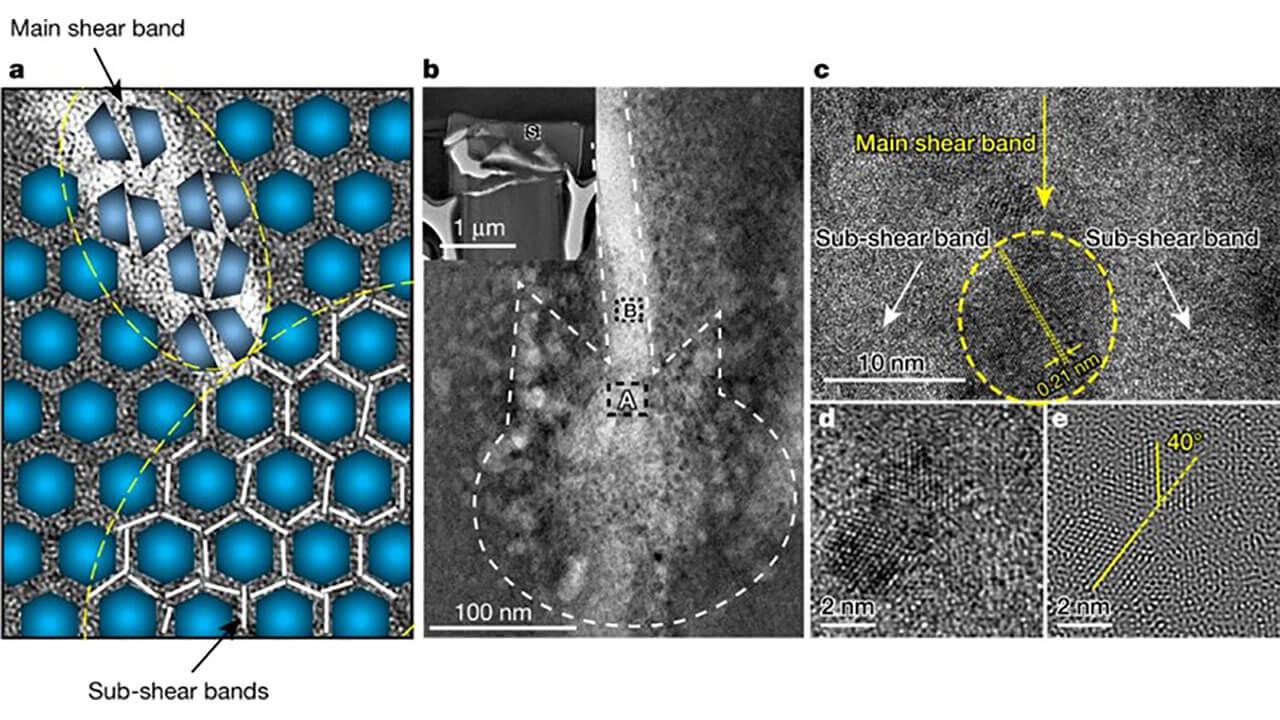 A Nano-dual-phase Glass-crystal with Theoretical Strength and its Fabrication Method
A Nano-dual-phase Glass-crystal with Theoretical Strength and its Fabrication Method -
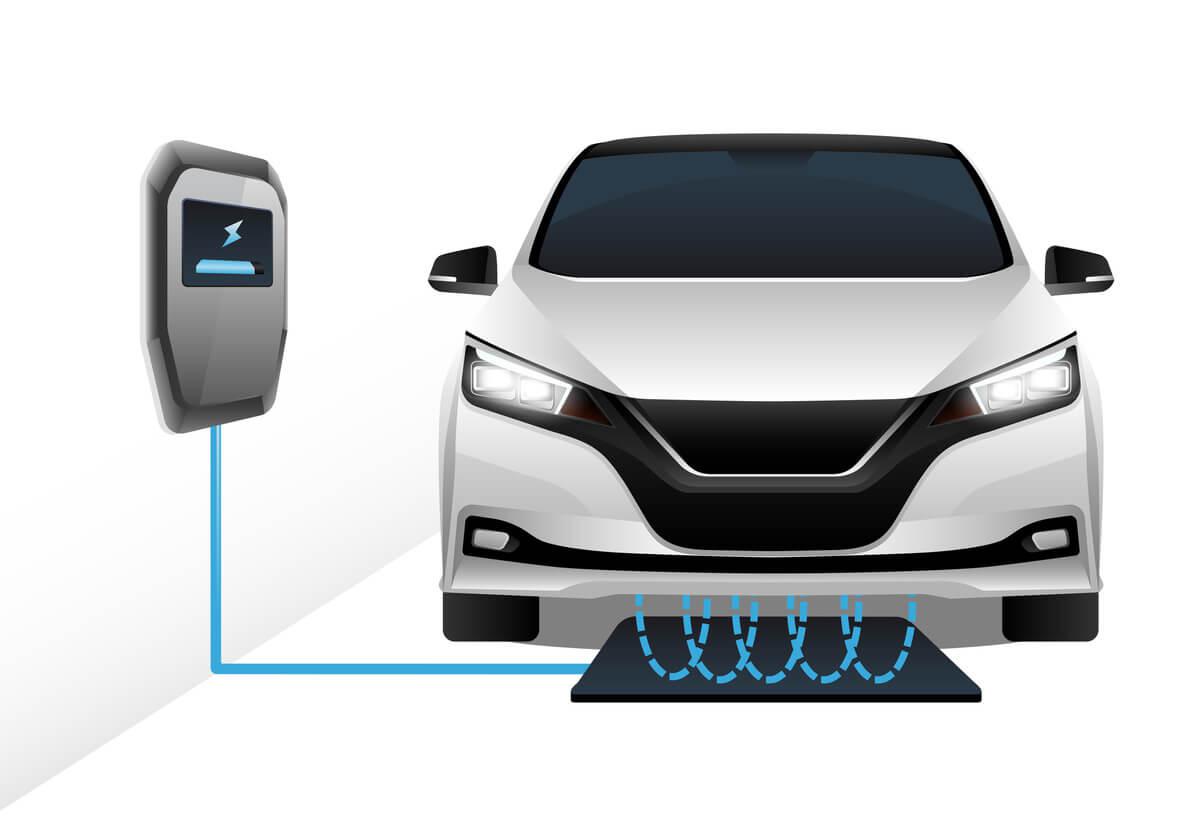 Wireless Battery Charging System with Coordinated Control
Wireless Battery Charging System with Coordinated Control -
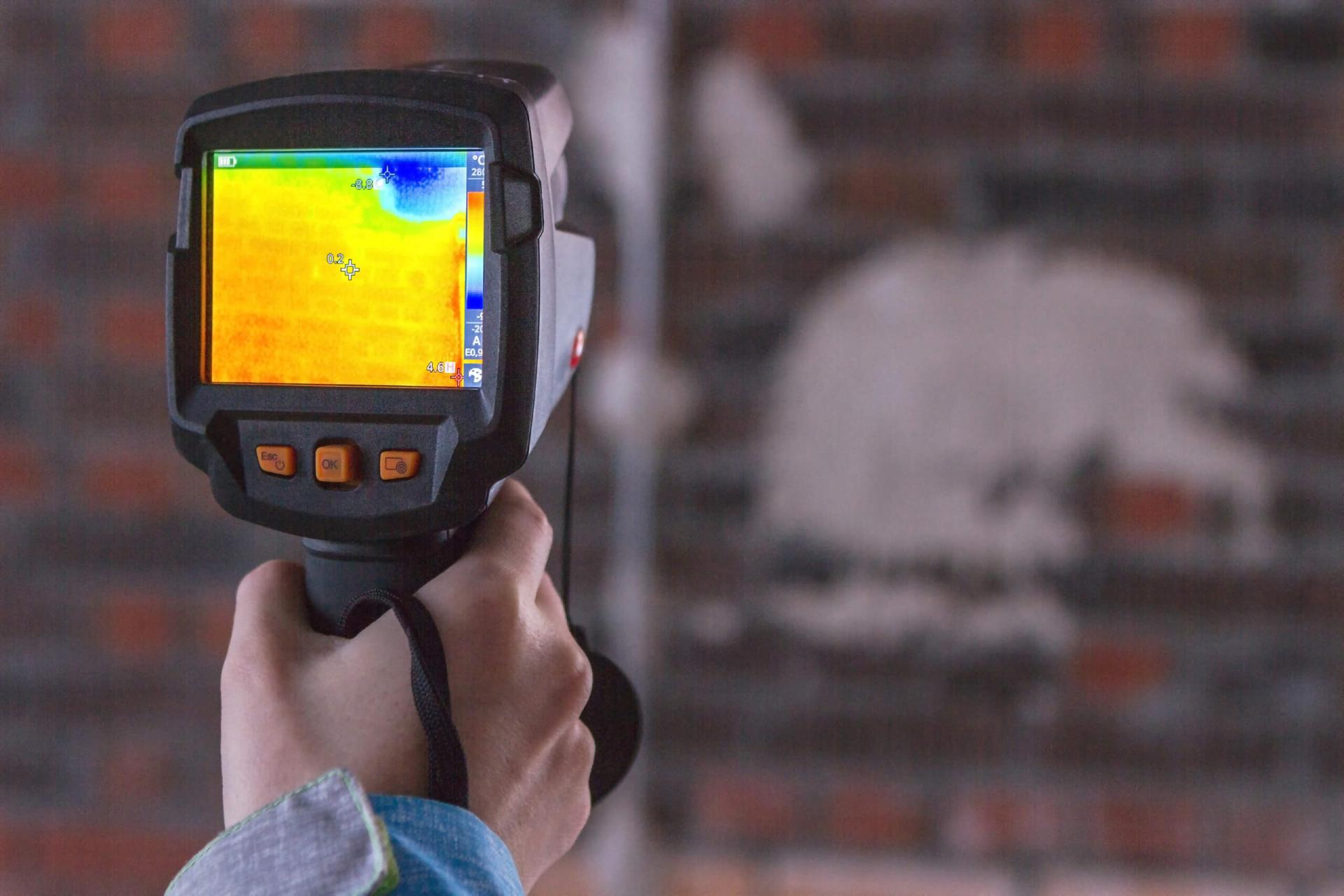 Thermal Radiation Microsensor
Thermal Radiation Microsensor -
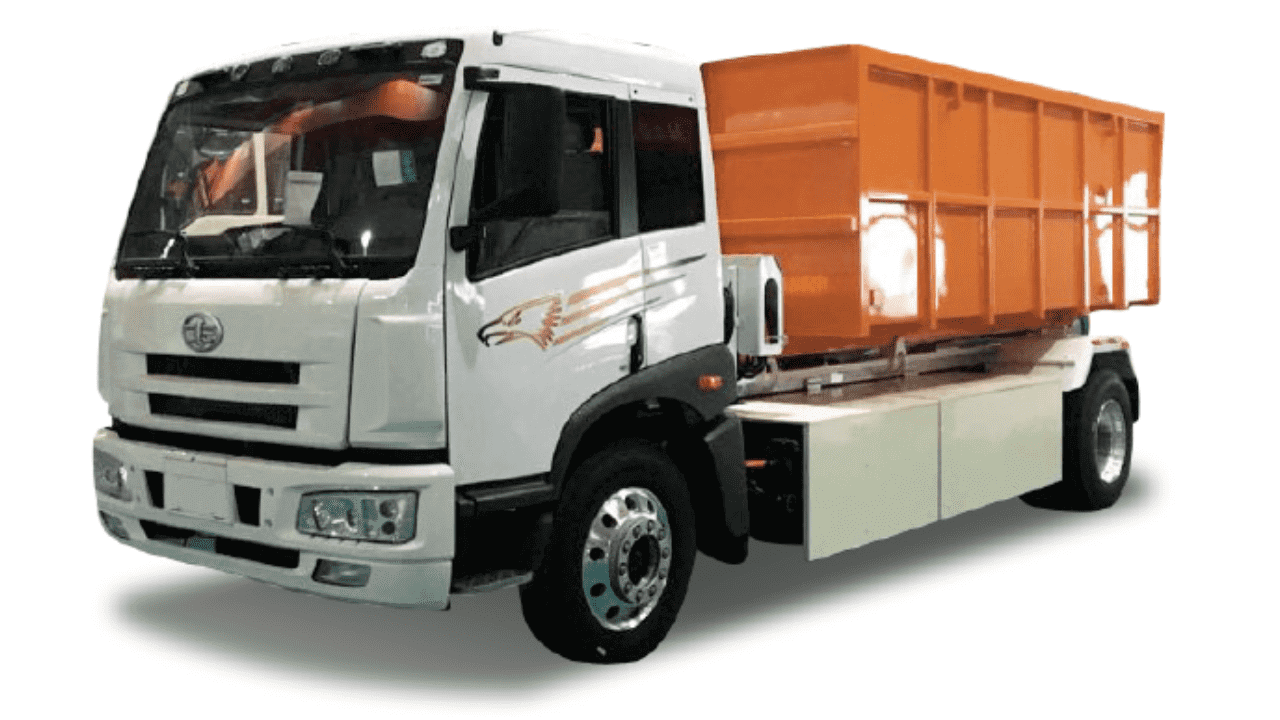 16-tonne Full-electric Truck with Hook Lift for Solid Waste Collection
16-tonne Full-electric Truck with Hook Lift for Solid Waste Collection -
 Portable Thermal Sterilizer for Surgical Masks with Laser Induced Graphene
Portable Thermal Sterilizer for Surgical Masks with Laser Induced Graphene -
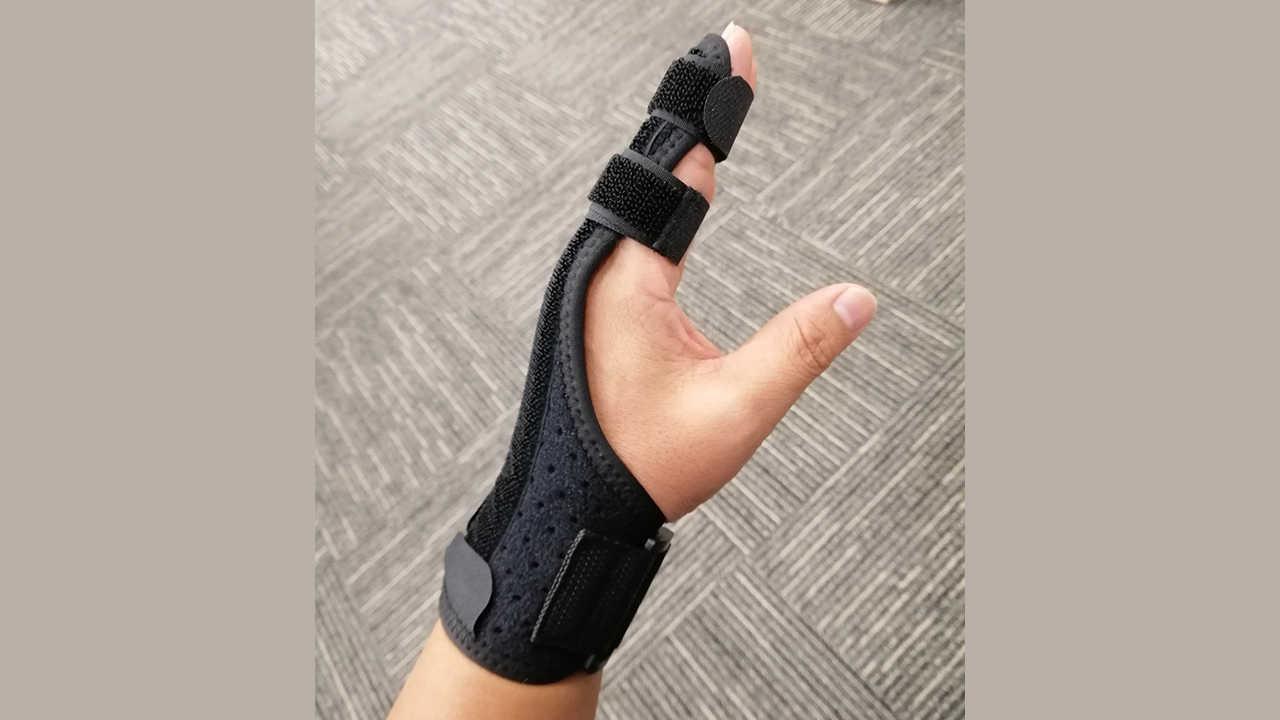 Auto-Fitting Smart Materials and Electronics Platform Technologies
Auto-Fitting Smart Materials and Electronics Platform Technologies -
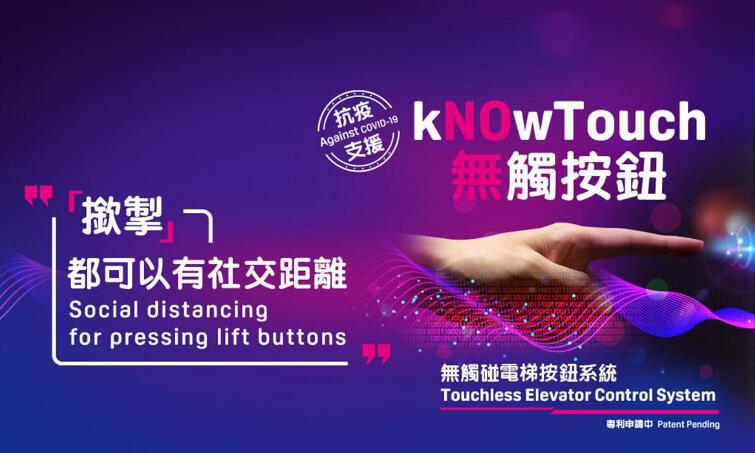 kNOw Touch - Contactless Elevator Control Panel
kNOw Touch - Contactless Elevator Control Panel -
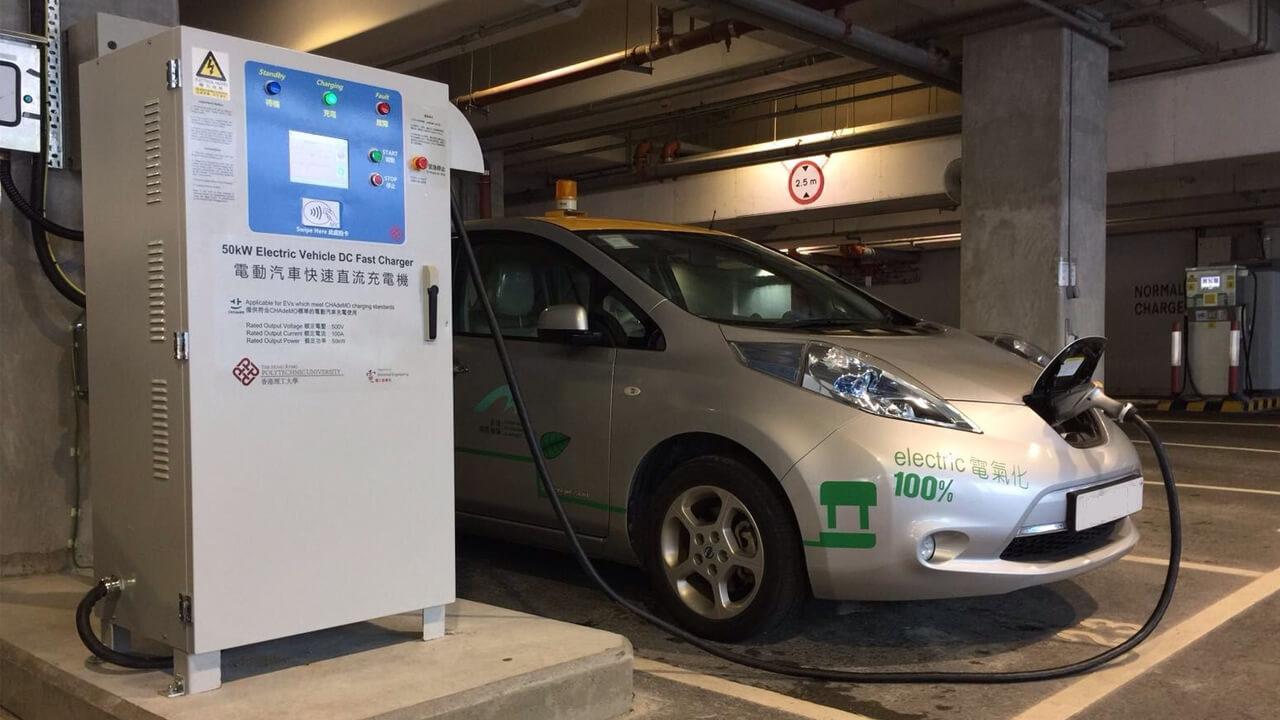 Artificial Intelligence (AI) Load Management Controlled Electric Vehicle Charging System
Artificial Intelligence (AI) Load Management Controlled Electric Vehicle Charging System -
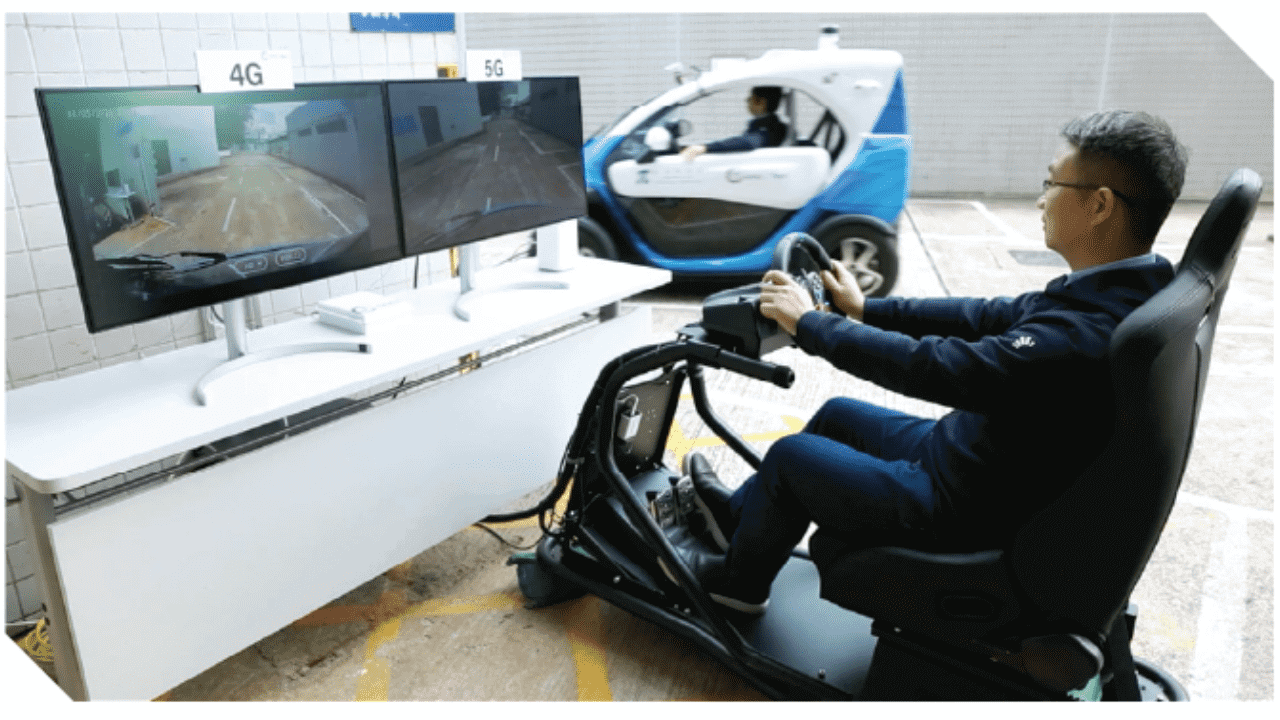 5G Teleoperated-driving
5G Teleoperated-driving -
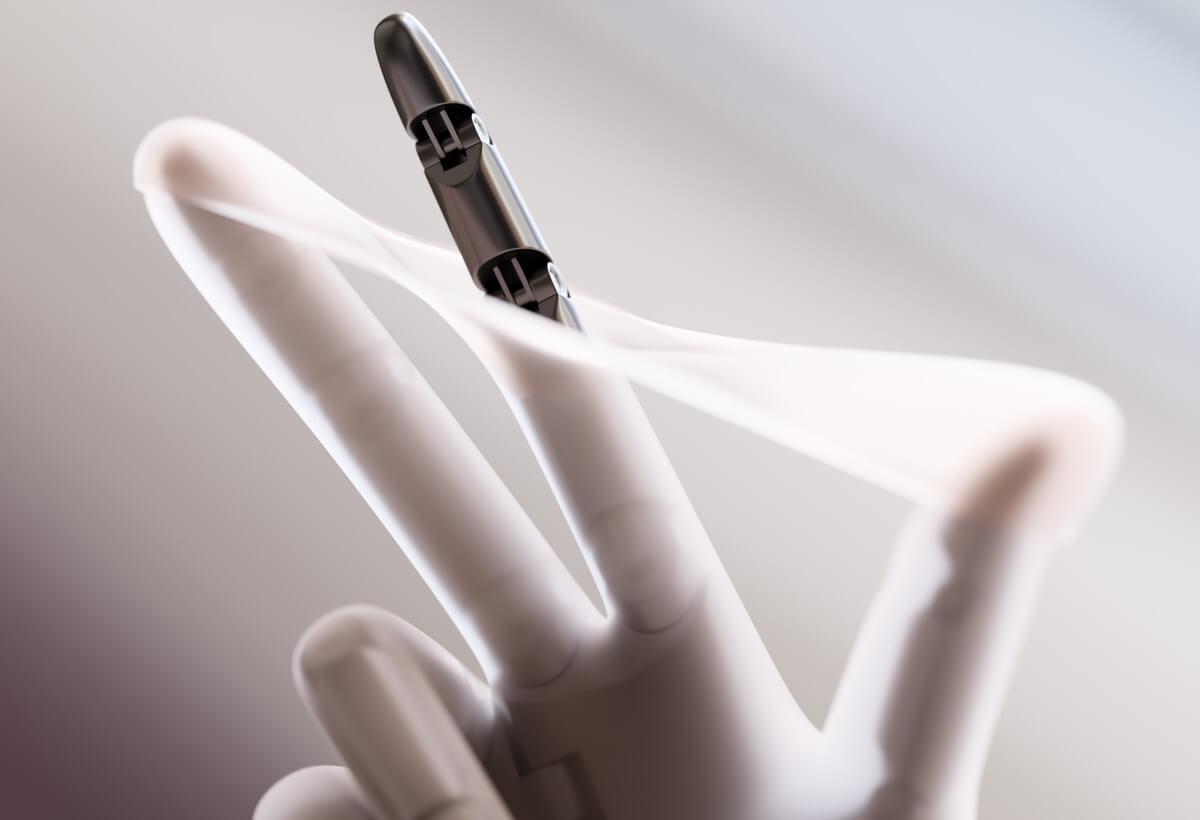 Optical Soft Skin System for Multimodal Sensing
Optical Soft Skin System for Multimodal Sensing -
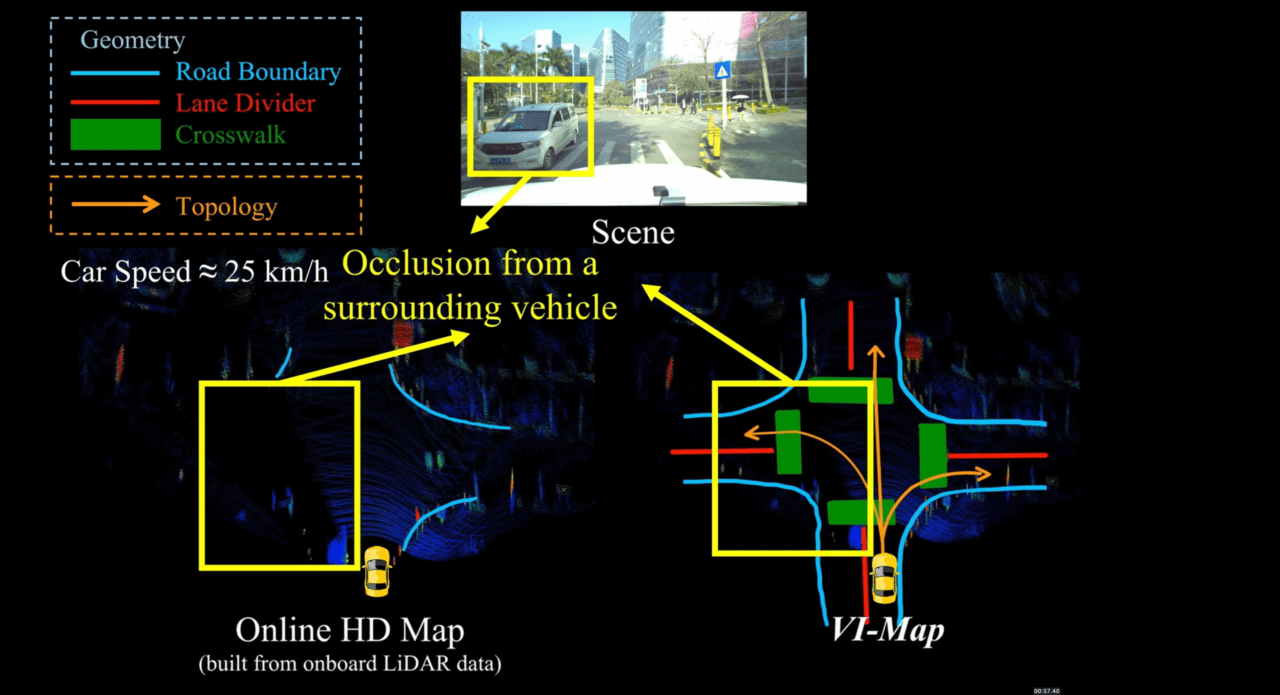 Autonomous Driving High-precision map of vehicle-Infrastructure collaboration
Autonomous Driving High-precision map of vehicle-Infrastructure collaboration -
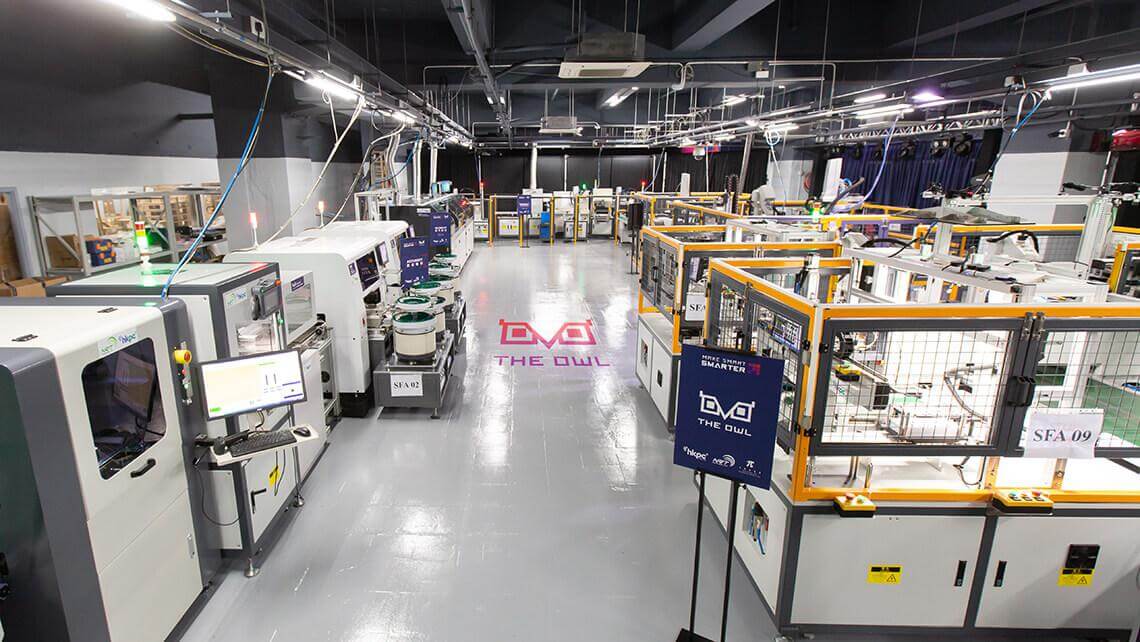 “OWL” Intelligent Production Line
“OWL” Intelligent Production Line -
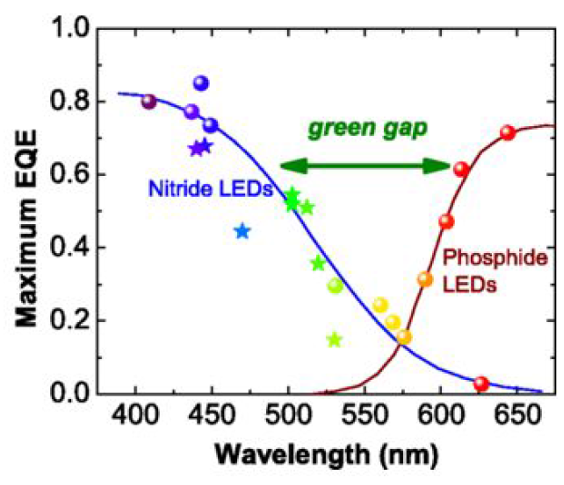 Red-Shifting LED for Monolithium Full-Colour Display and Phosphor Free White LED
Red-Shifting LED for Monolithium Full-Colour Display and Phosphor Free White LED -
 Wrinkle-resistant and High-contrast Flexible Screen Material for Spontaneous Pop-Up Display
Wrinkle-resistant and High-contrast Flexible Screen Material for Spontaneous Pop-Up Display -
 Drain-On-Demand Lithium Battery for Long-Life IoT Devices
Drain-On-Demand Lithium Battery for Long-Life IoT Devices -
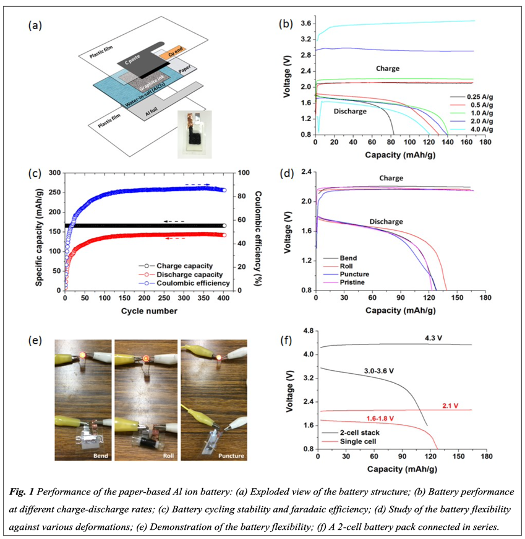 Flexible and Printable Paper-Based Al Ion Batteries
Flexible and Printable Paper-Based Al Ion Batteries -
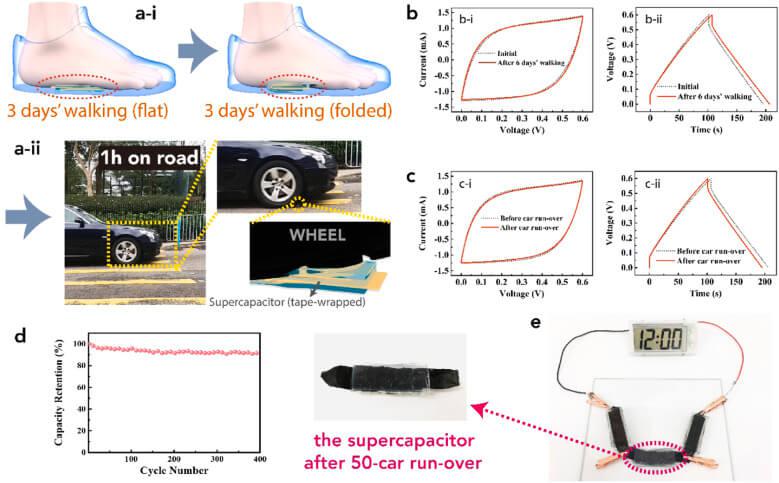 Super Robust and Flexible Wearable Energy Storage Devices
Super Robust and Flexible Wearable Energy Storage Devices -
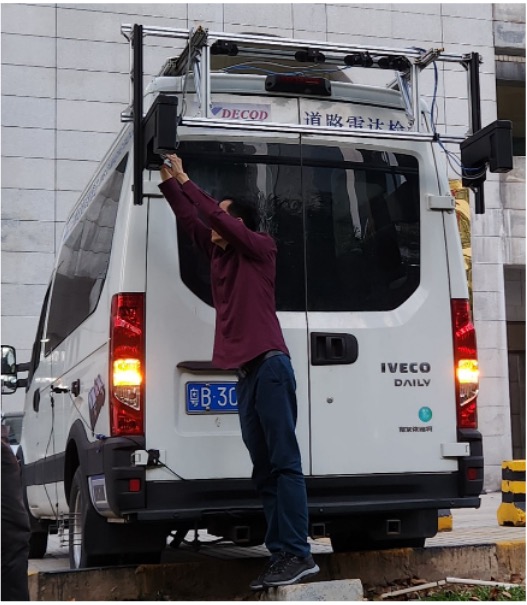 High speed moving sensing for transportation infrastructure inspection
High speed moving sensing for transportation infrastructure inspection -
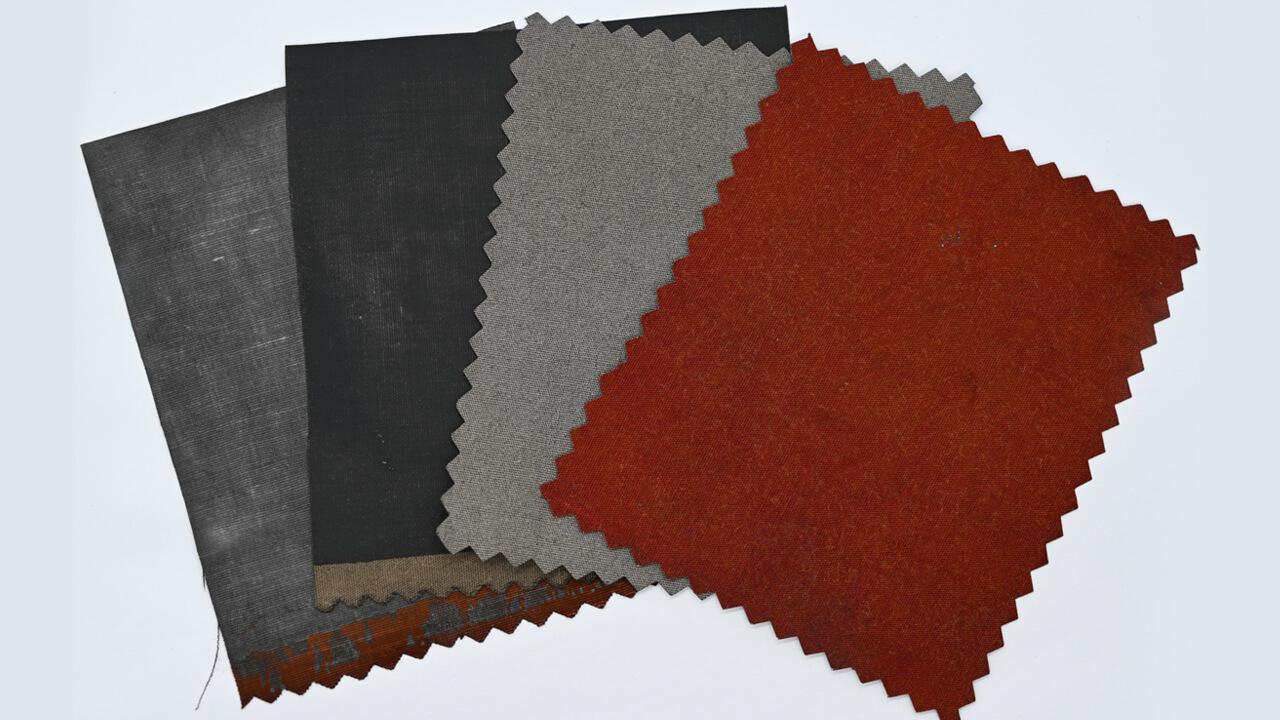 Textile Lithium Battery
Textile Lithium Battery -
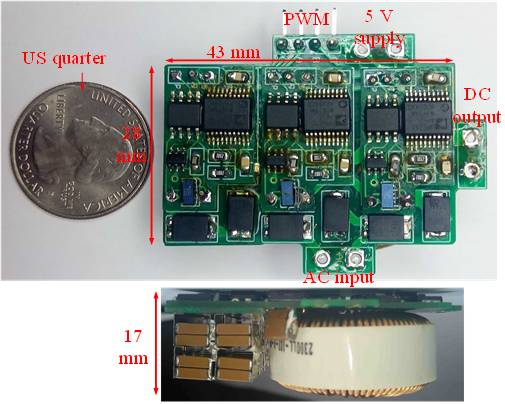 Compact and Efficient Micro-Inverter
Compact and Efficient Micro-Inverter -
 Long Lasting Battery for High Power IoT Devices
Long Lasting Battery for High Power IoT Devices -
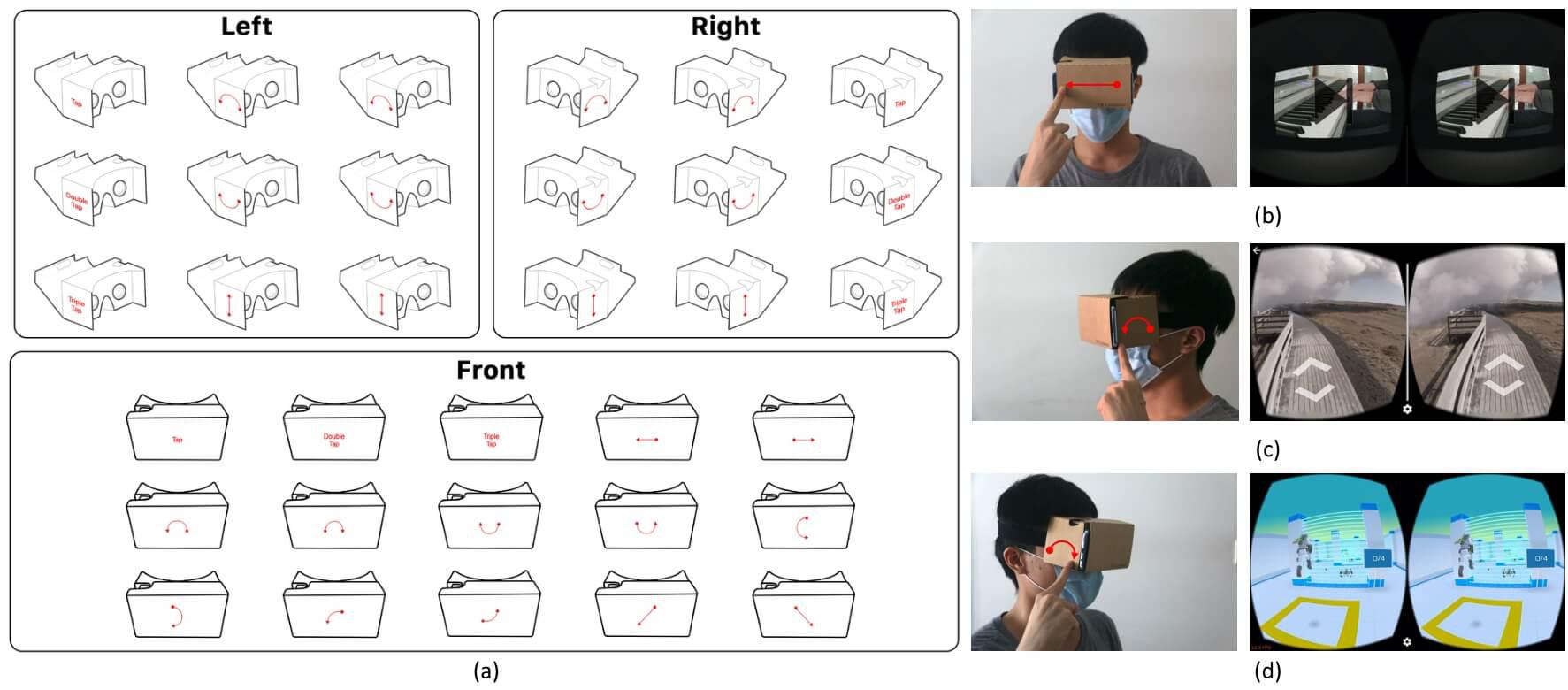 Method of Enabling Gesture-based Interaction on the Surface of a Low-cost VR Head-mounted Display
Method of Enabling Gesture-based Interaction on the Surface of a Low-cost VR Head-mounted Display -
 Efficient In-wheel Motor Control
Efficient In-wheel Motor Control -
 High-efficient Hydrogen Fuel Cell Hybrid System for Electric Forklifts
High-efficient Hydrogen Fuel Cell Hybrid System for Electric Forklifts -
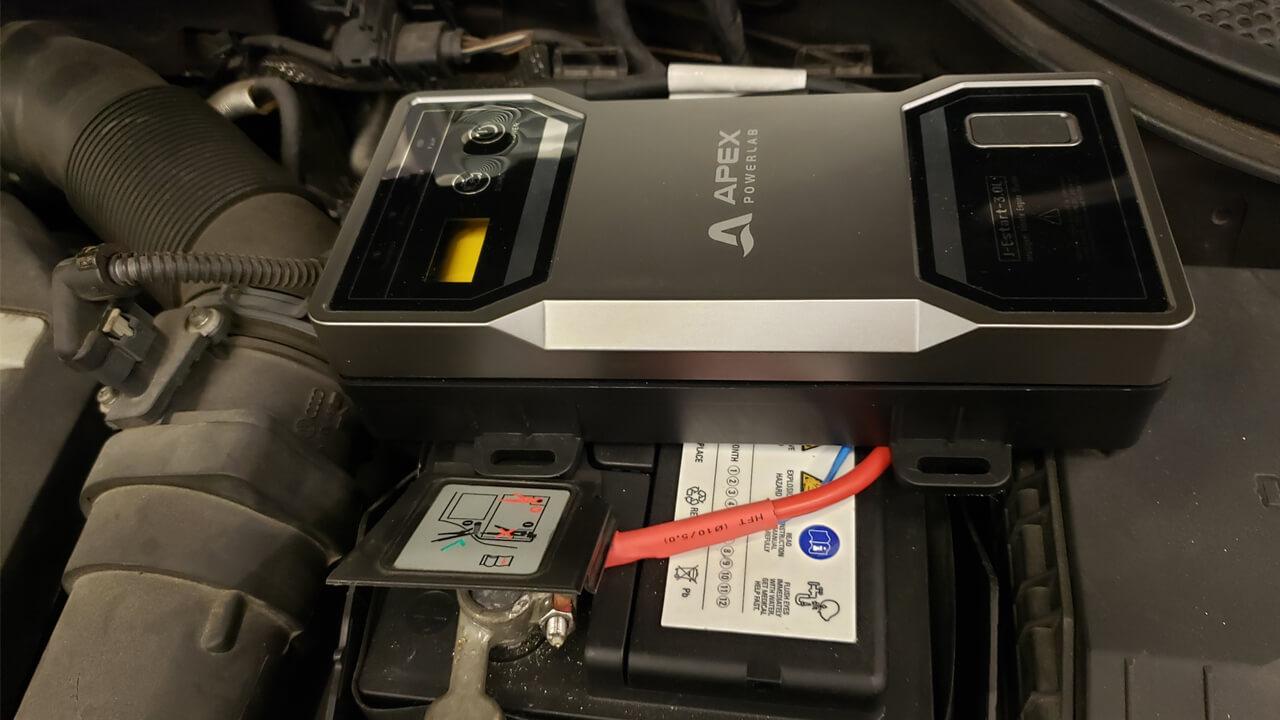 Intelligent Vehicle Engine Starter
Intelligent Vehicle Engine Starter -
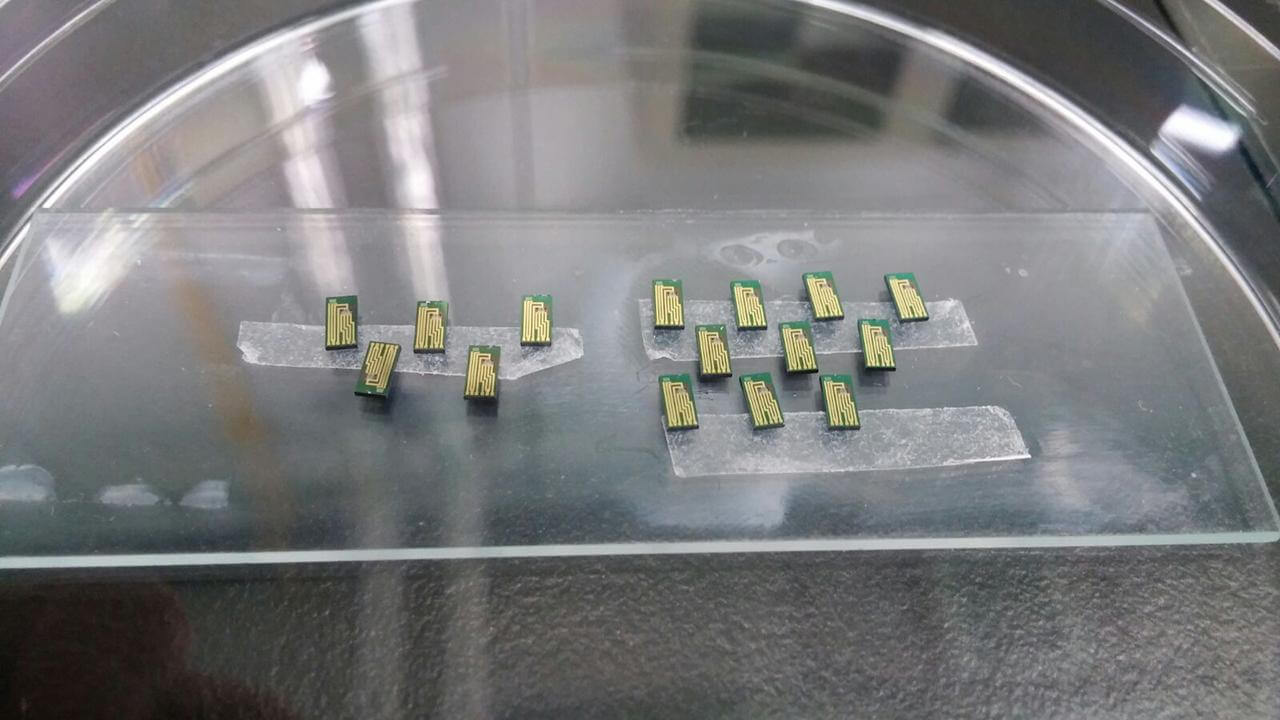 Anti-fouling Coating for Electronics
Anti-fouling Coating for Electronics -
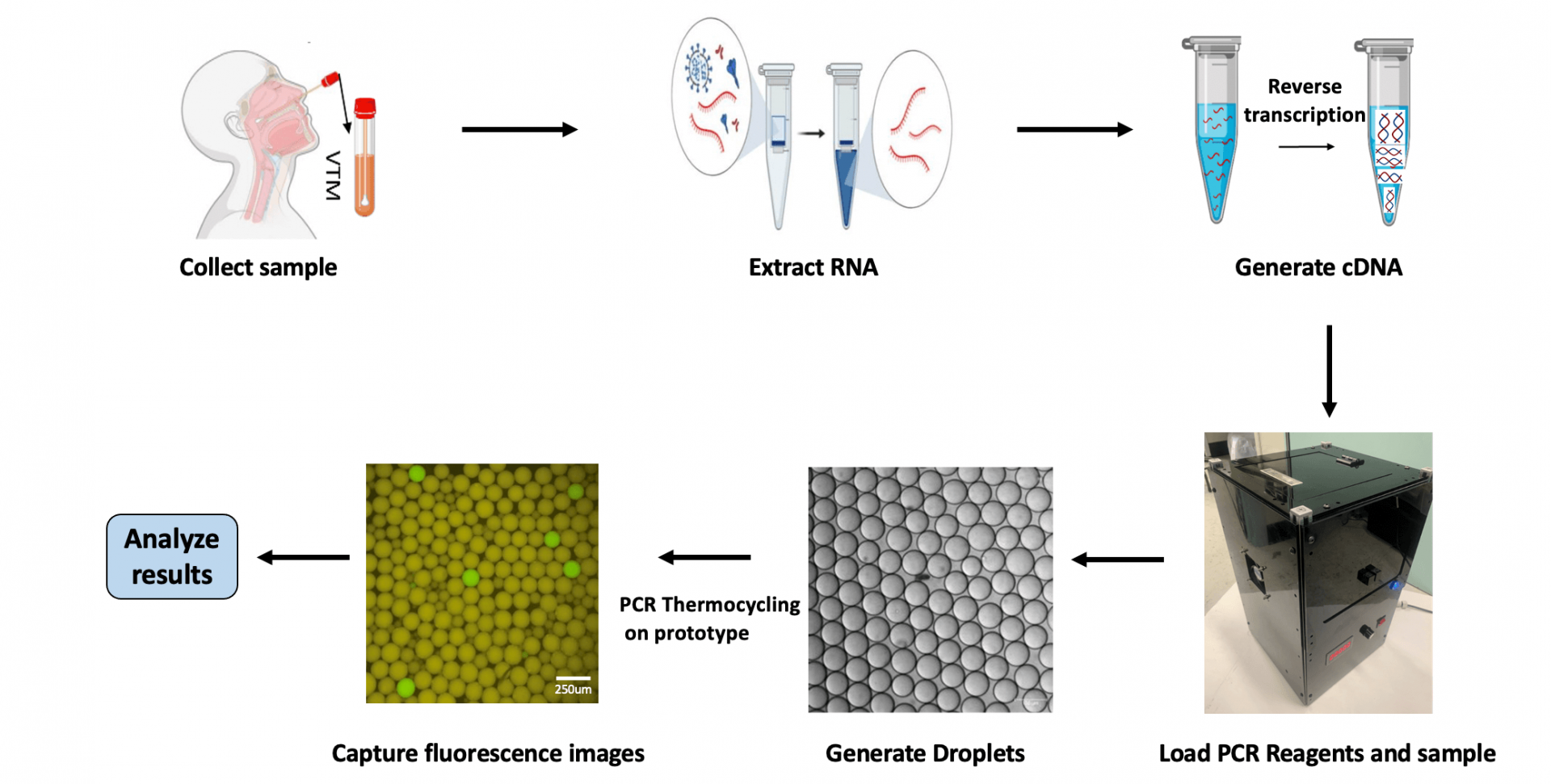 Integrated Digital-PCR-on-a-disc Device
Integrated Digital-PCR-on-a-disc Device -
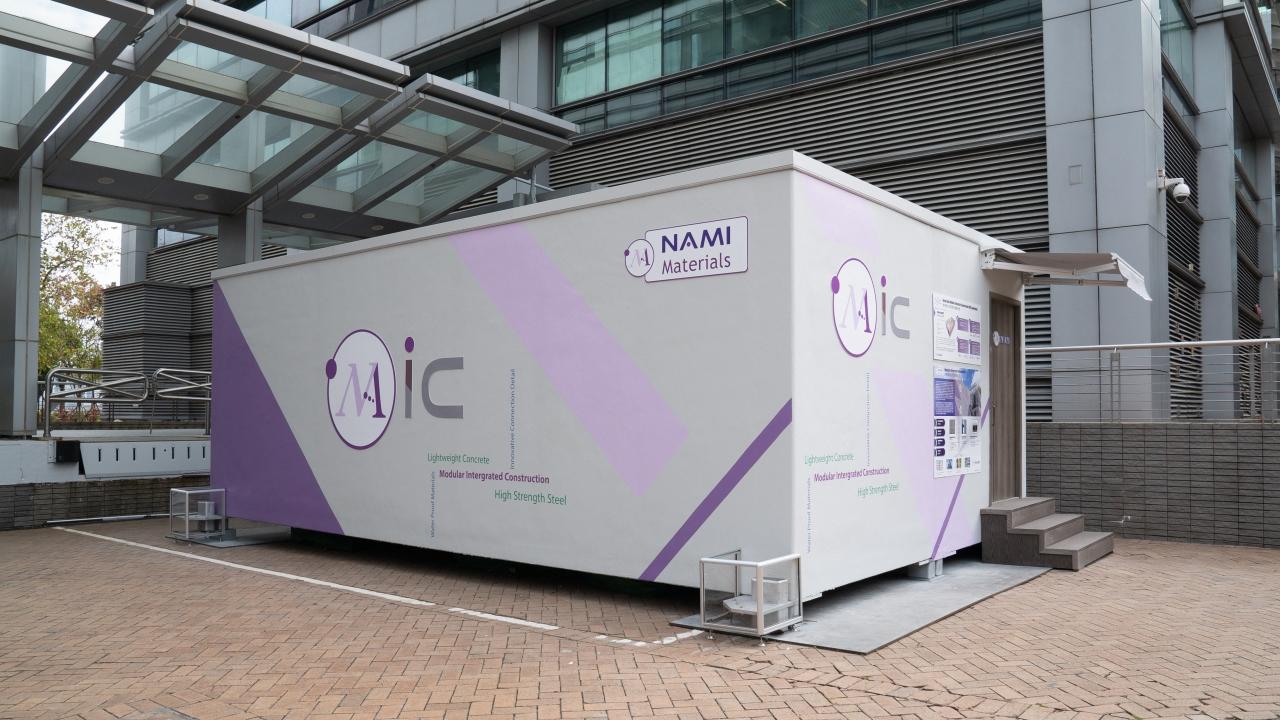 Modular Integrated Construction (MiC) Innovations
Modular Integrated Construction (MiC) Innovations -
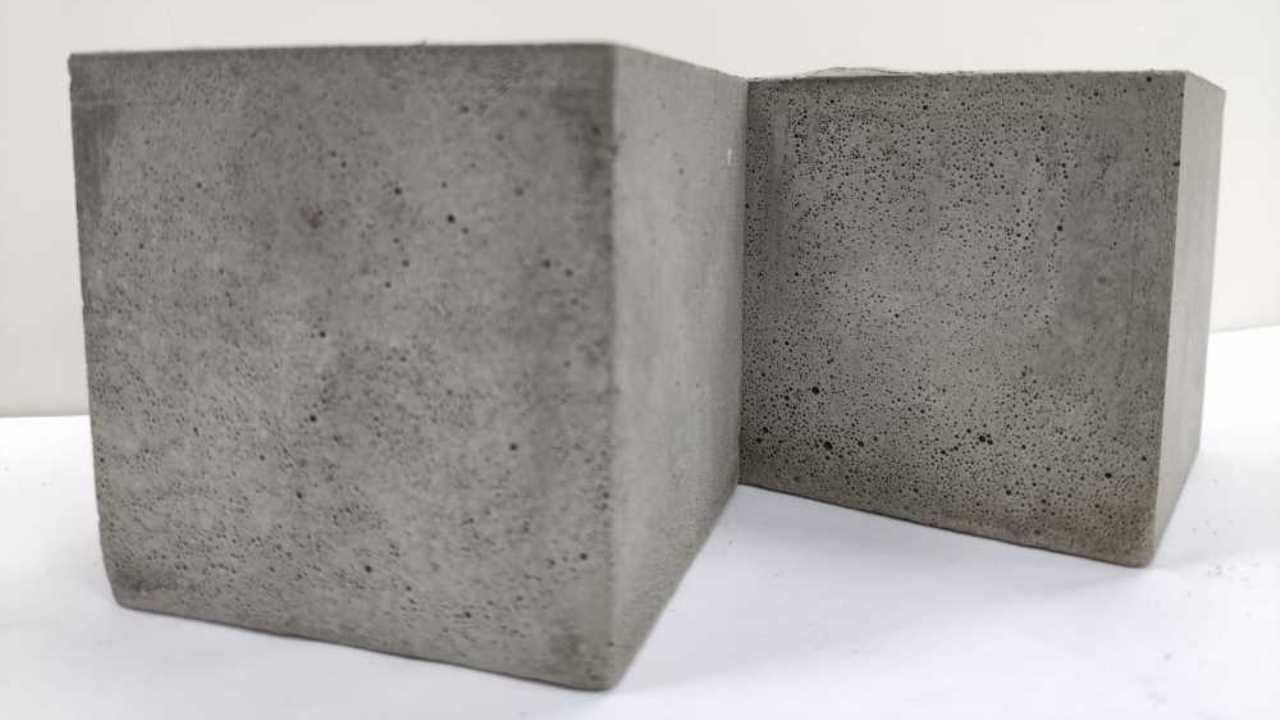 High Strength Lightweight Concrete
High Strength Lightweight Concrete -
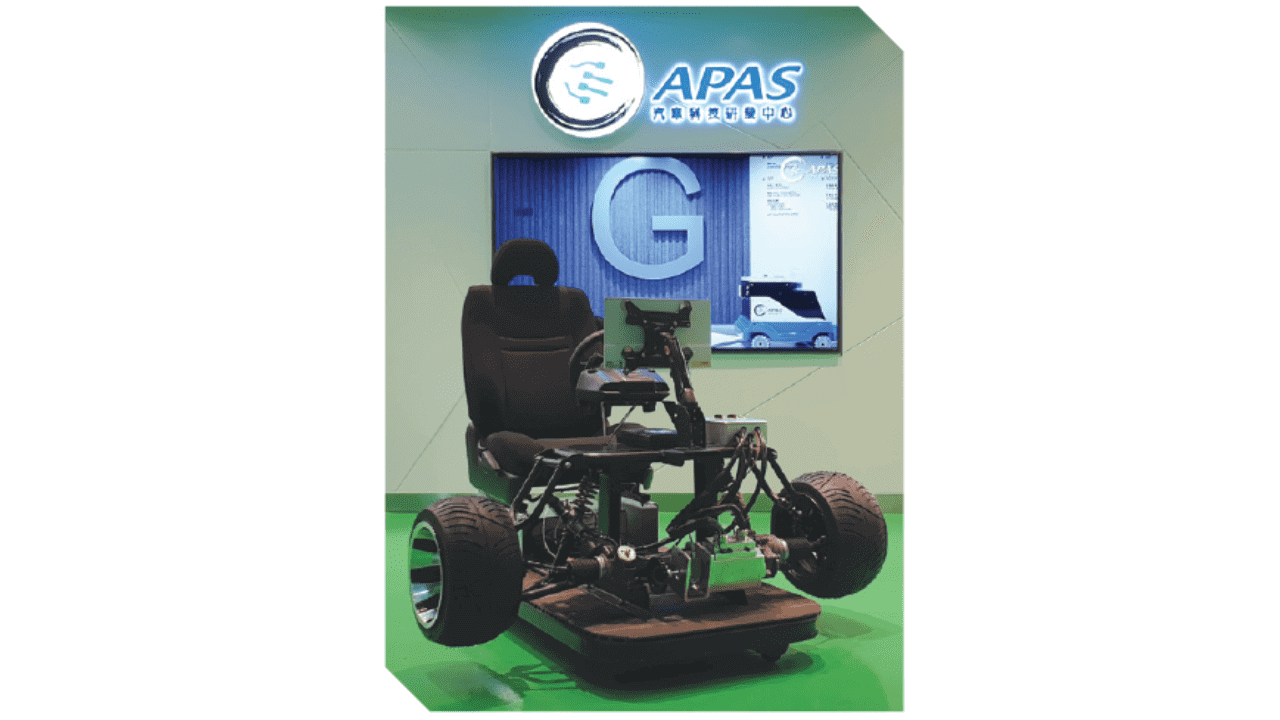 Fault Tolerant Steer-by-Wire System
Fault Tolerant Steer-by-Wire System -
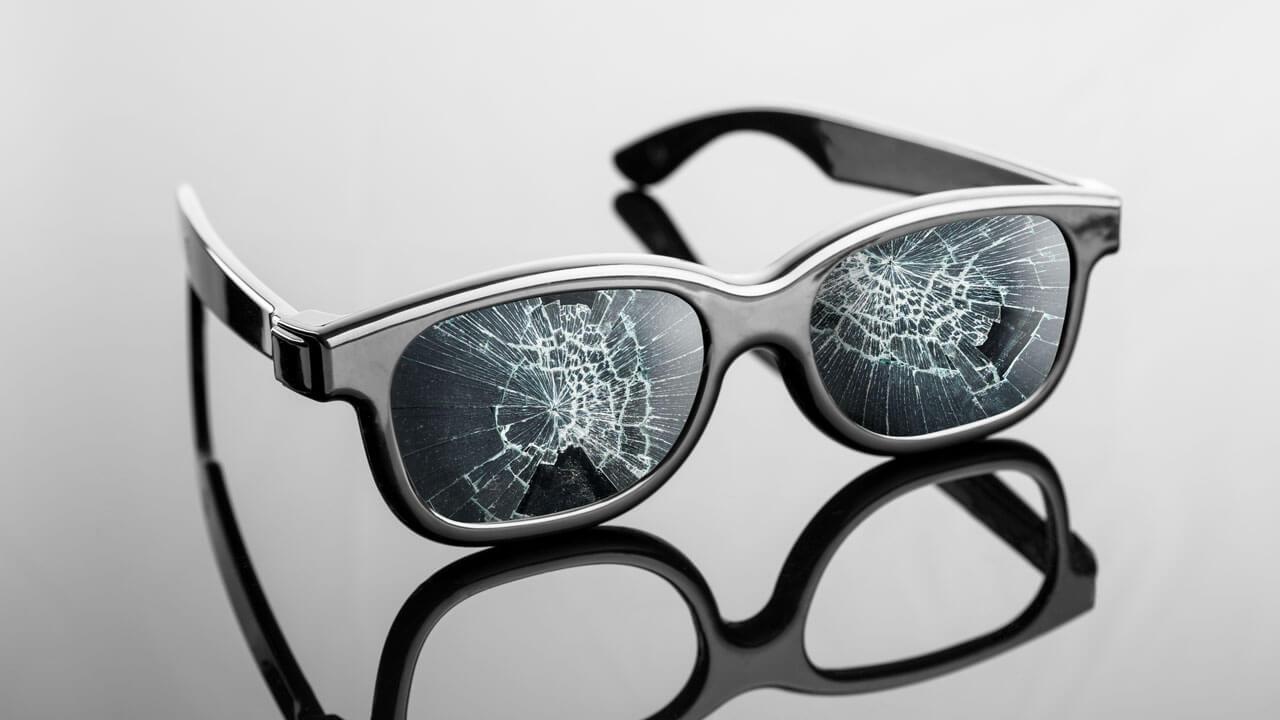 Anti-reflective, scratch-resistant coating for glasses and plastics
Anti-reflective, scratch-resistant coating for glasses and plastics -
 Super Hard nCoating for Multiple Substrates
Super Hard nCoating for Multiple Substrates -
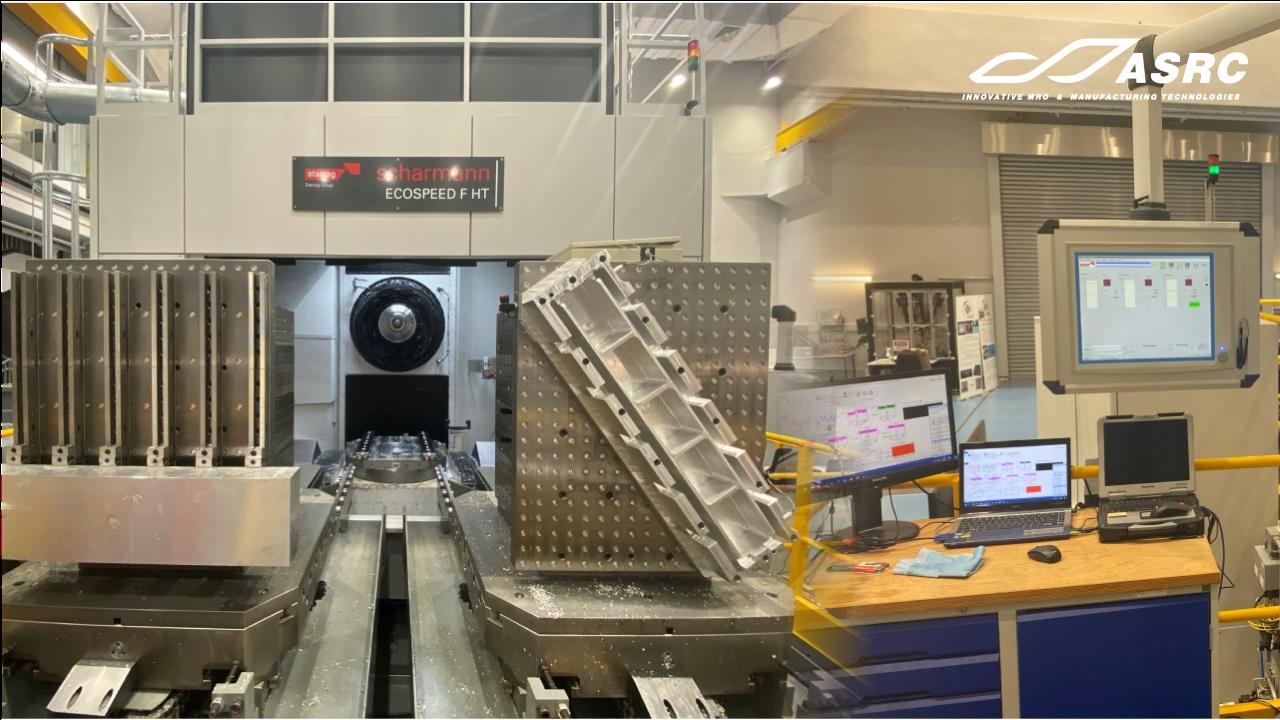 Machining Distortion Minimisation
Machining Distortion Minimisation -
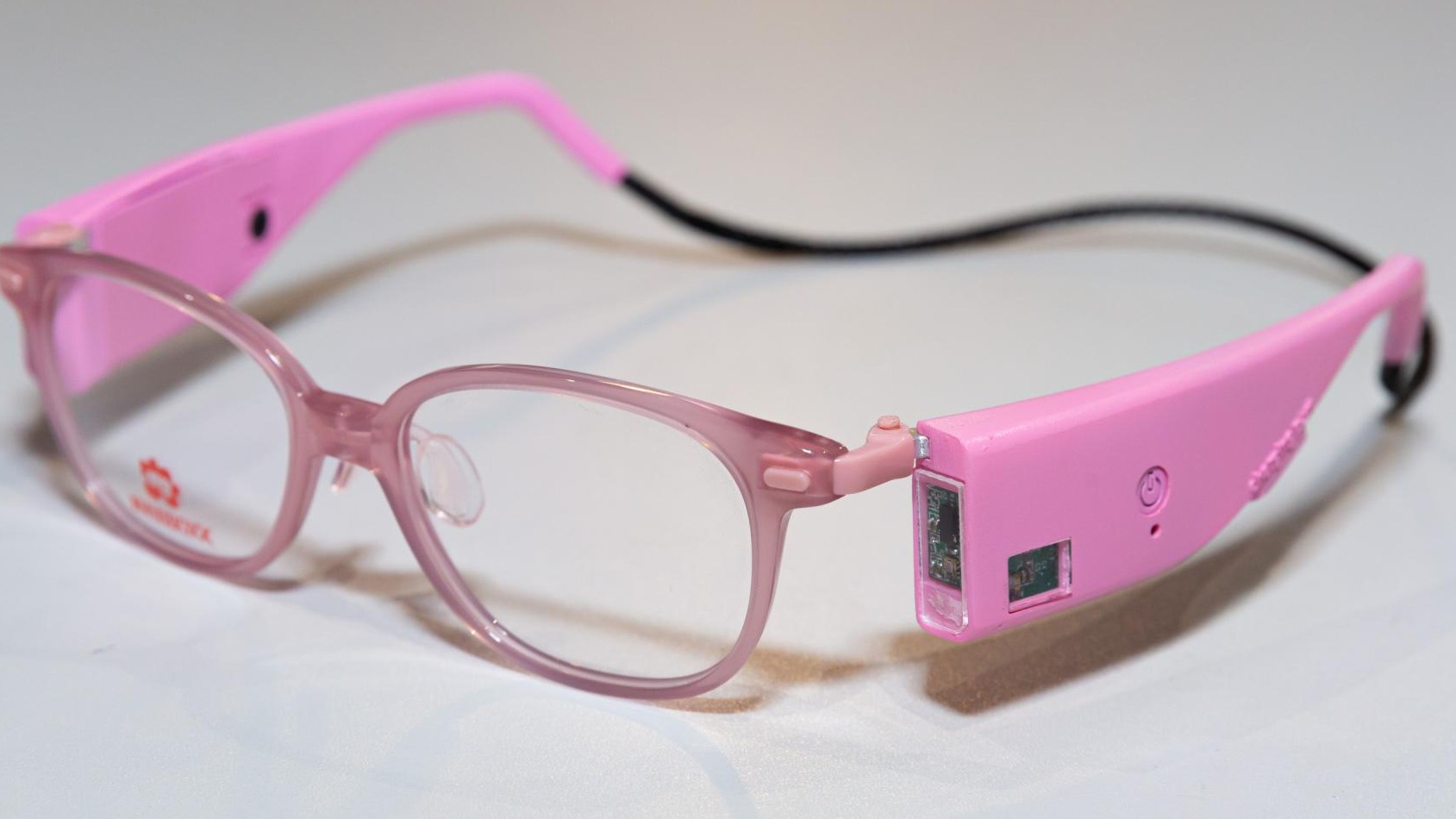 MY-O-Analyser
MY-O-Analyser -
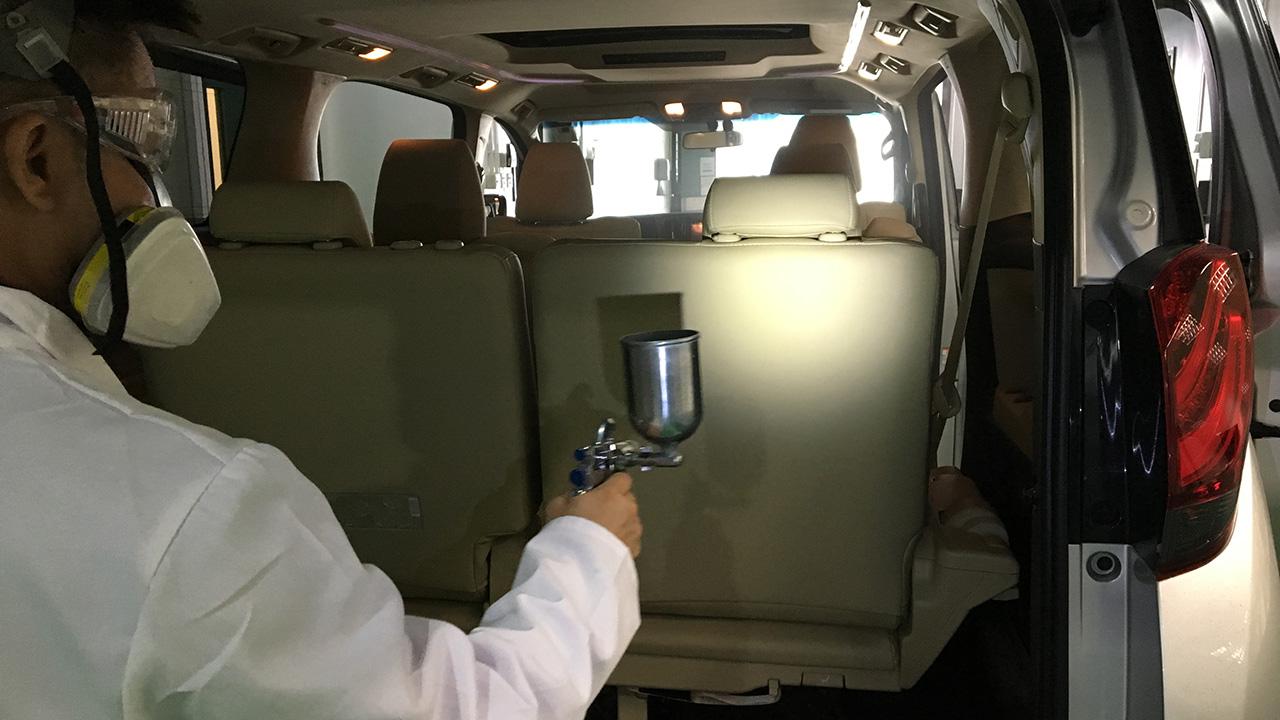 Development of Visible Light Anti-bacteria and Anti-odour Coating Materials for Vehicle Interiors
Development of Visible Light Anti-bacteria and Anti-odour Coating Materials for Vehicle Interiors -
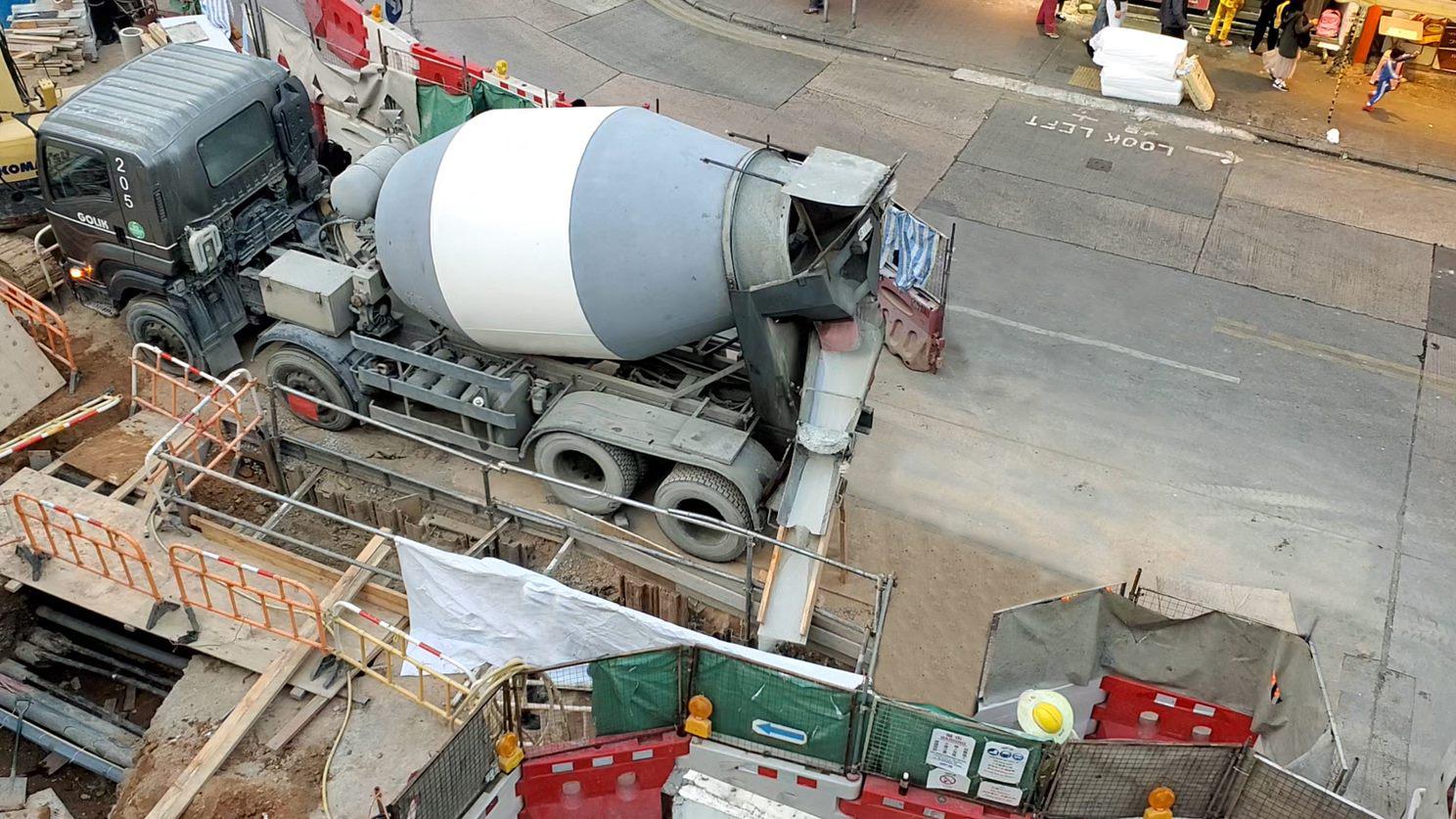 Self-Compacting Backfill Material
Self-Compacting Backfill Material -
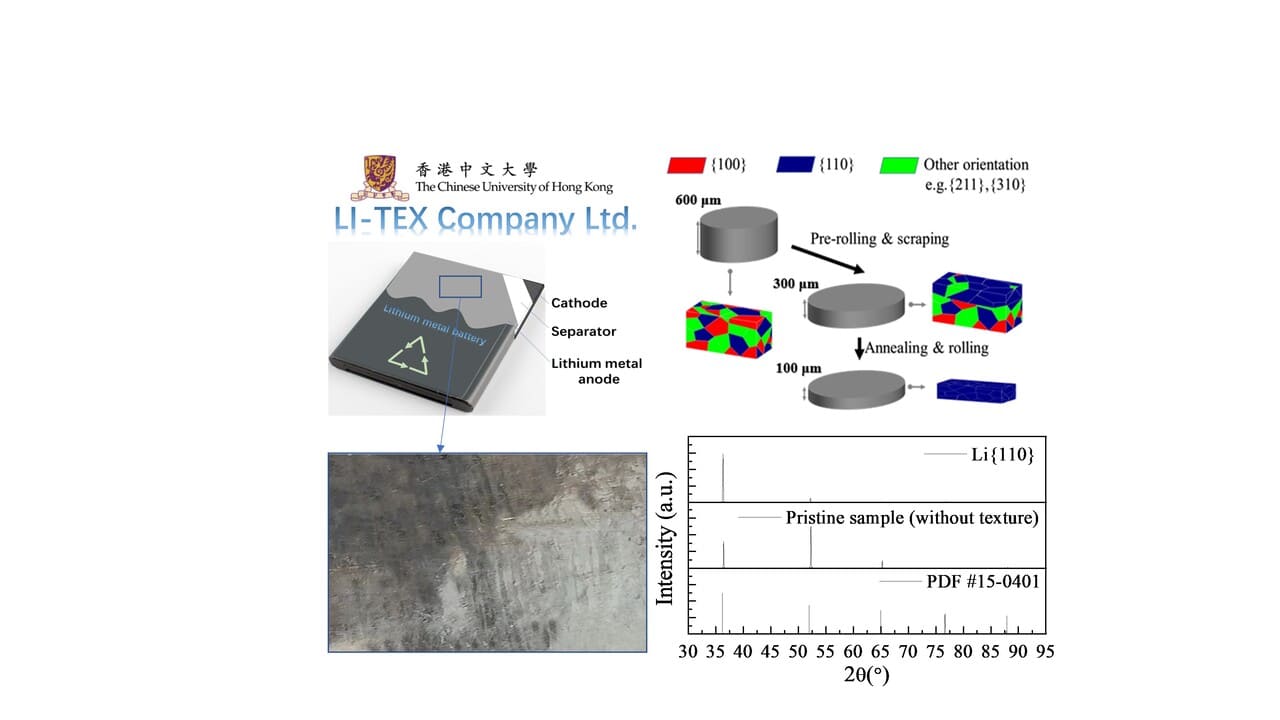 Breaking Barriers in Li-based Energy Storage: {110} Textured Li Metal Foil Anode
Breaking Barriers in Li-based Energy Storage: {110} Textured Li Metal Foil Anode -
 Smart Street Lighting System
Smart Street Lighting System -
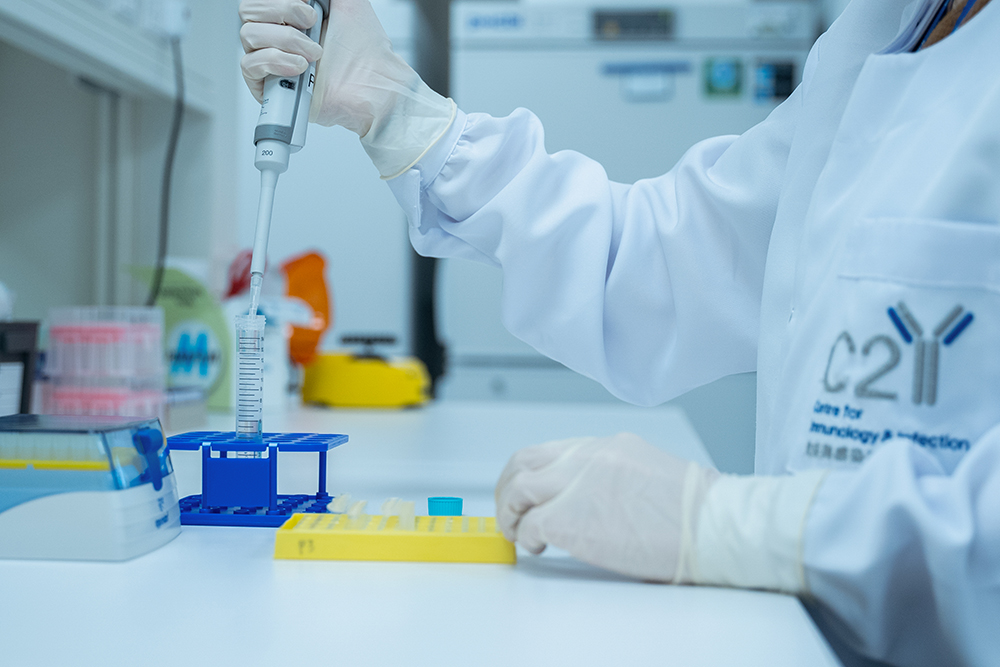 Copper-based Air Filter with Fast Virus Inactivation Ability
Copper-based Air Filter with Fast Virus Inactivation Ability -
 Hydrogen Fuel Cell EV Charger
Hydrogen Fuel Cell EV Charger -
 NAMI's Smart Protection Materials
NAMI's Smart Protection Materials -
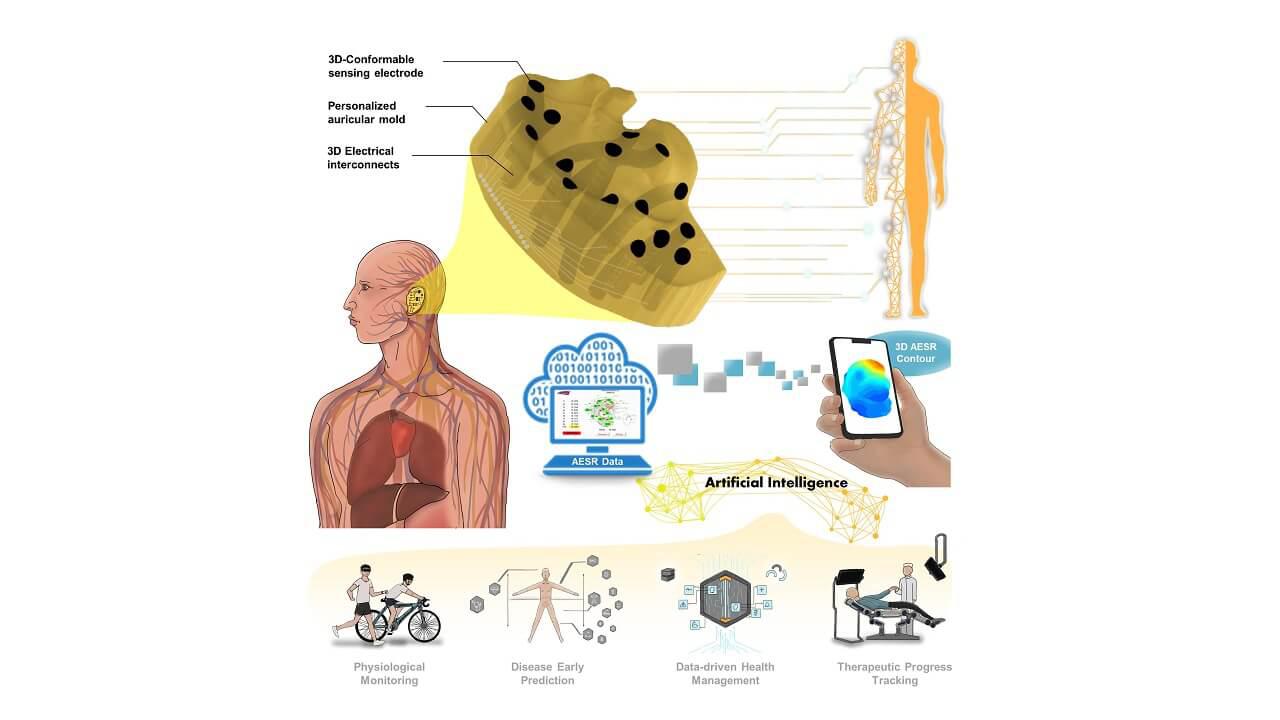 Wearable Full-Auricle Diagnostic and Therapeutic Device
Wearable Full-Auricle Diagnostic and Therapeutic Device -
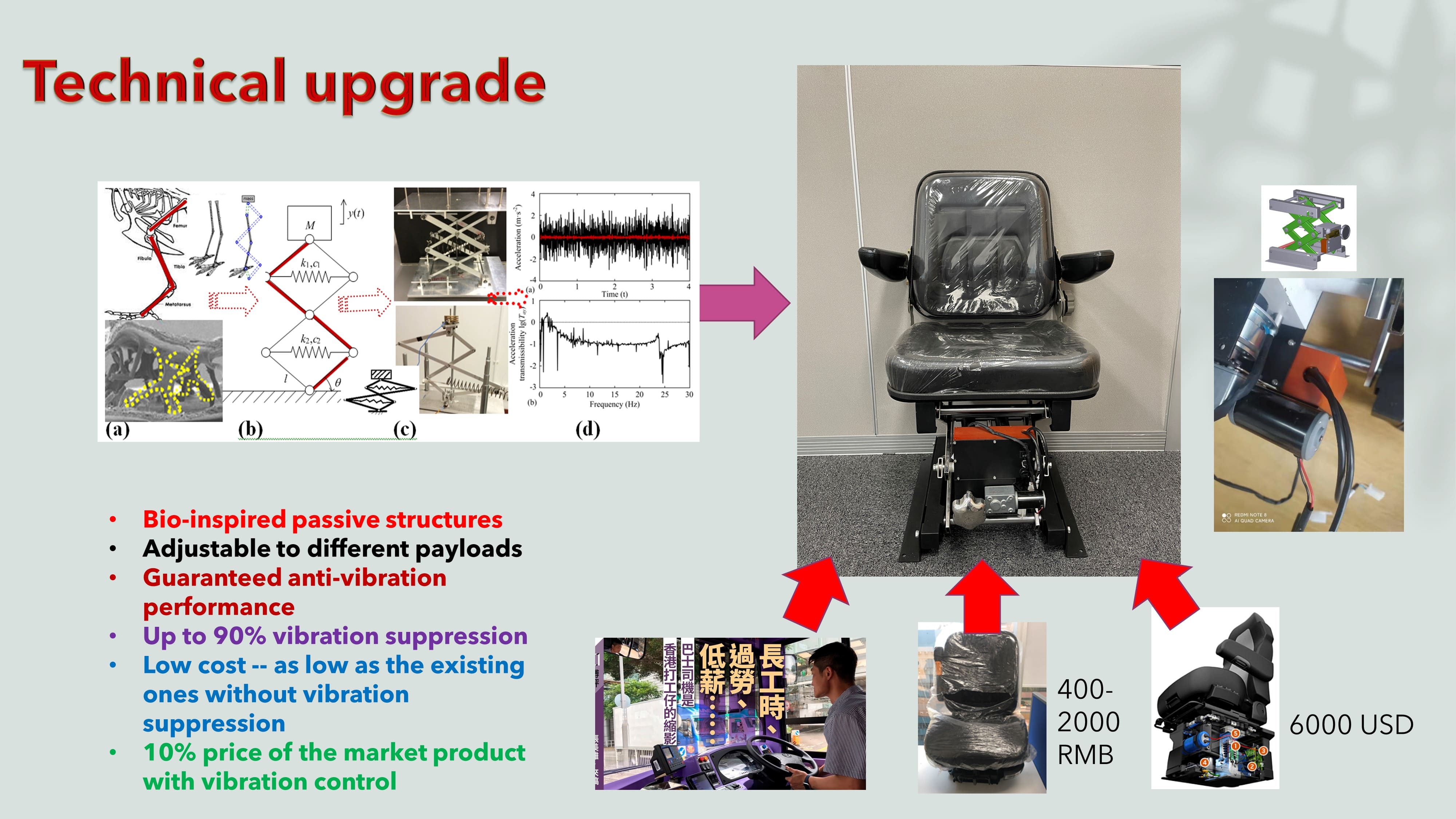 New-Gen Anti-Vibration X-Seating Technology
New-Gen Anti-Vibration X-Seating Technology -
 Solid-state Electrolyte for Lithium Batteries
Solid-state Electrolyte for Lithium Batteries -
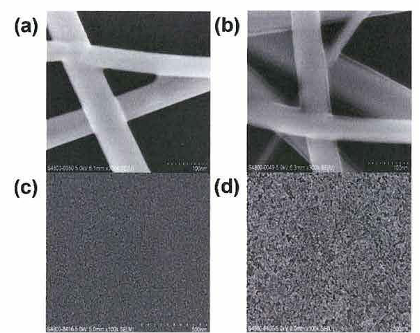 Flexible transparent electrode
Flexible transparent electrode -
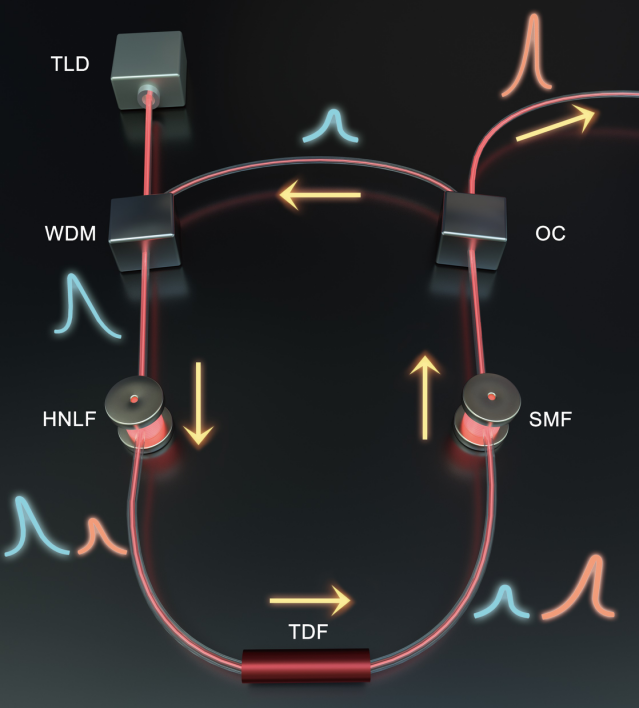 Hybrid Optical Parametrically-Oscillating Emitter (HOPE)
Hybrid Optical Parametrically-Oscillating Emitter (HOPE) -
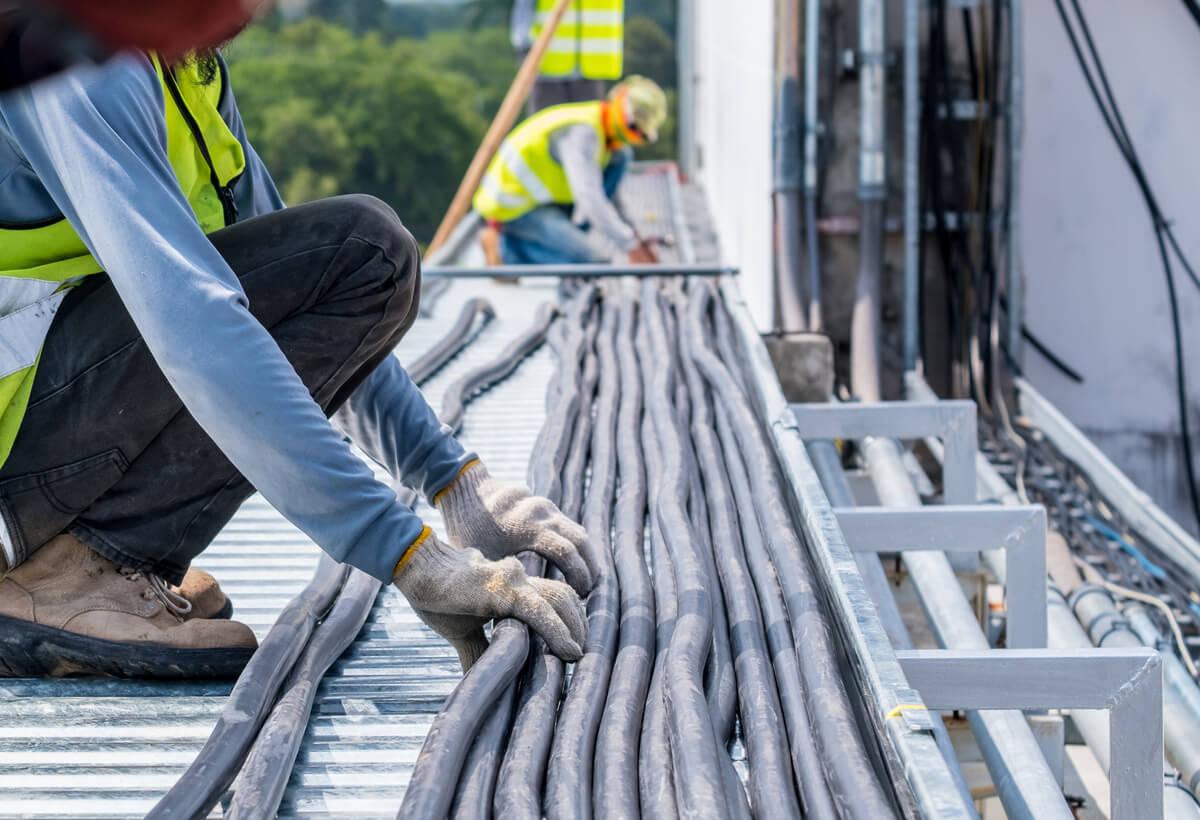 Non-invasive Cable Energization Status Identification and Operation State Monitoring System
Non-invasive Cable Energization Status Identification and Operation State Monitoring System -
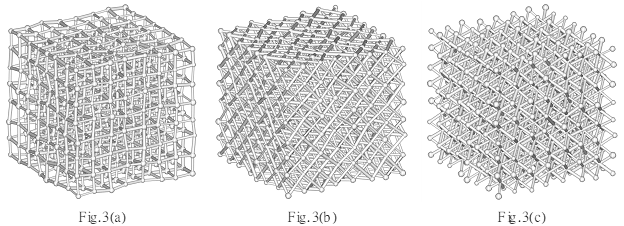 High-entropy Lattice achieved by 3D printing
High-entropy Lattice achieved by 3D printing -
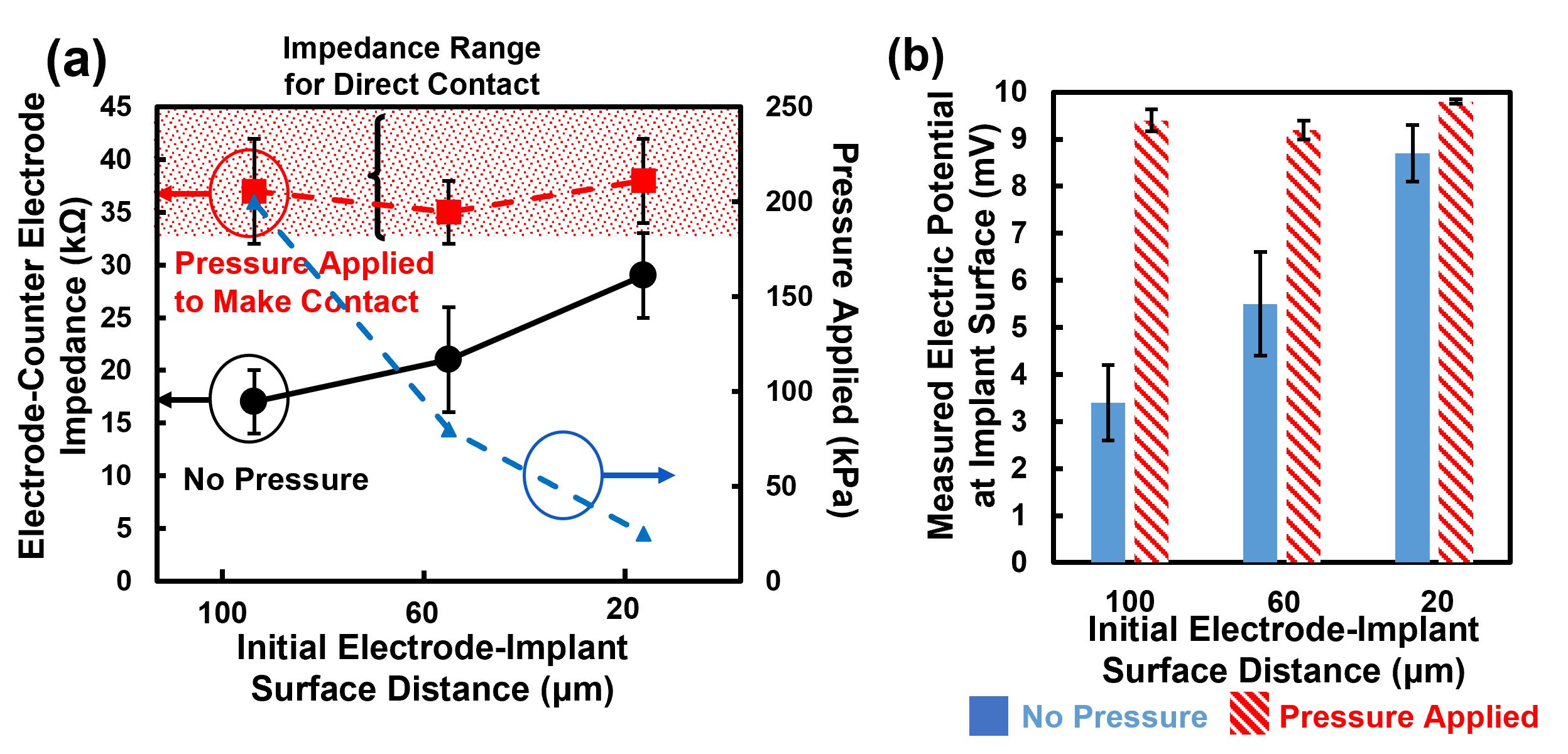 Neural Implant with Dynamic Electrode Position Control
Neural Implant with Dynamic Electrode Position Control -
 MagiCurl – A STEM Kit for Learning Shape Memory Materials
MagiCurl – A STEM Kit for Learning Shape Memory Materials -
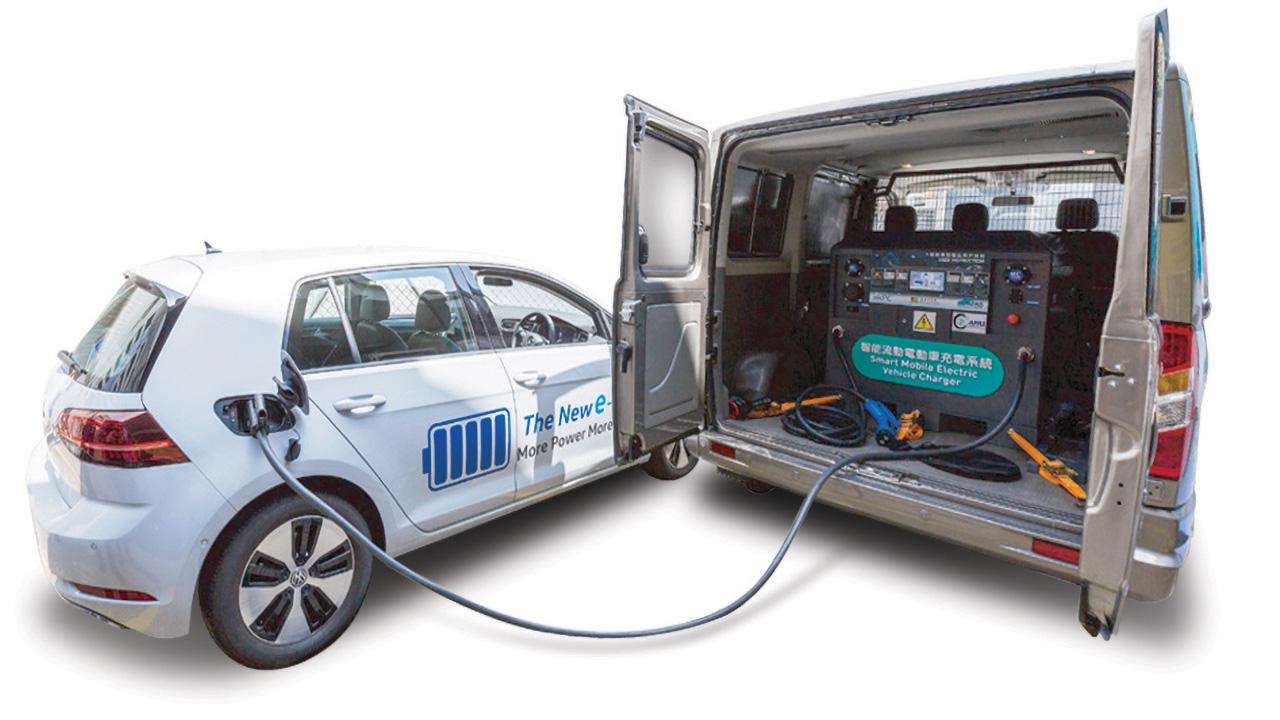 Mobilised EV Charging Service Vehicle and Combo Fast Charging Station
Mobilised EV Charging Service Vehicle and Combo Fast Charging Station -
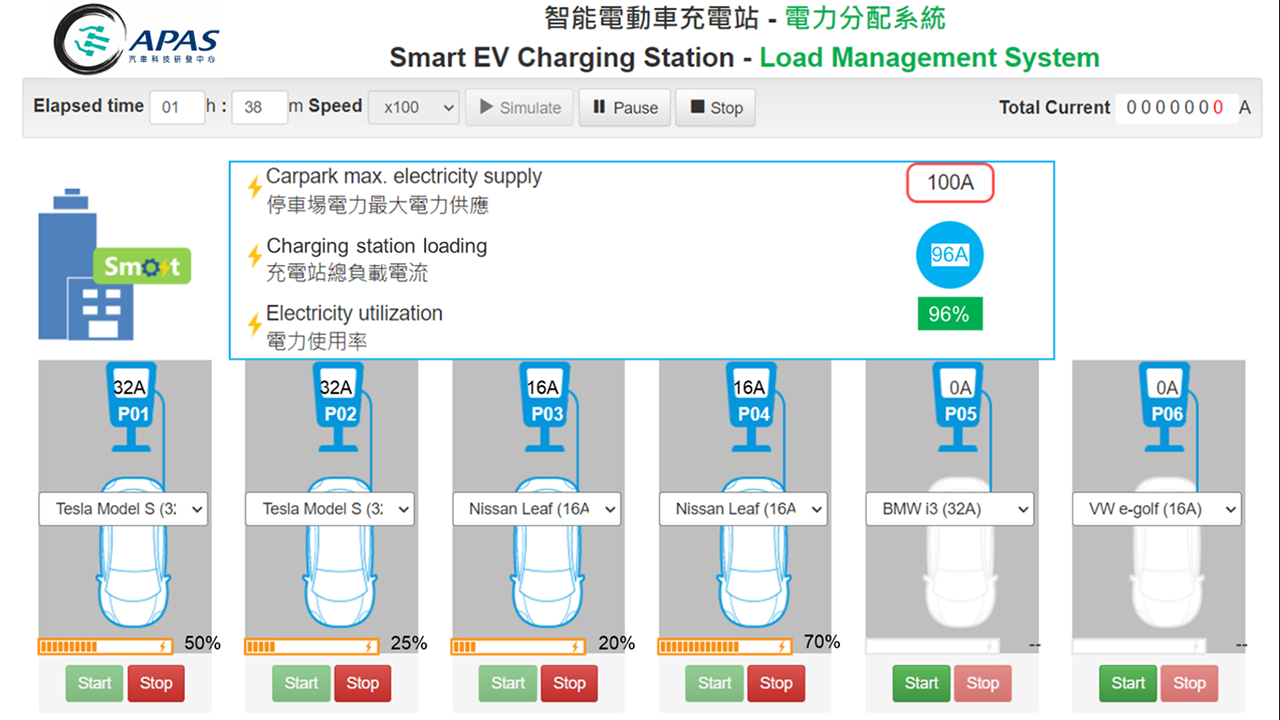 Smart EV Charging Station
Smart EV Charging Station -
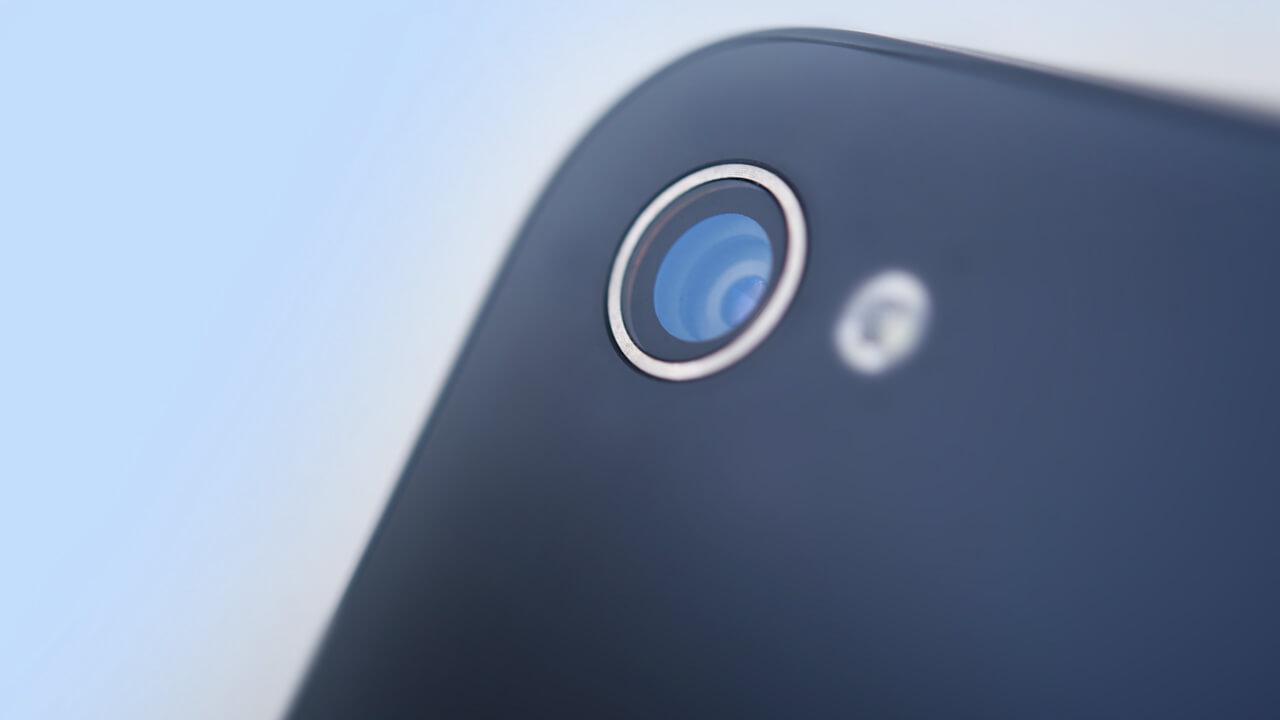 Ultra-hard, Anti-scratch Sapphire Thin Film Technology
Ultra-hard, Anti-scratch Sapphire Thin Film Technology -
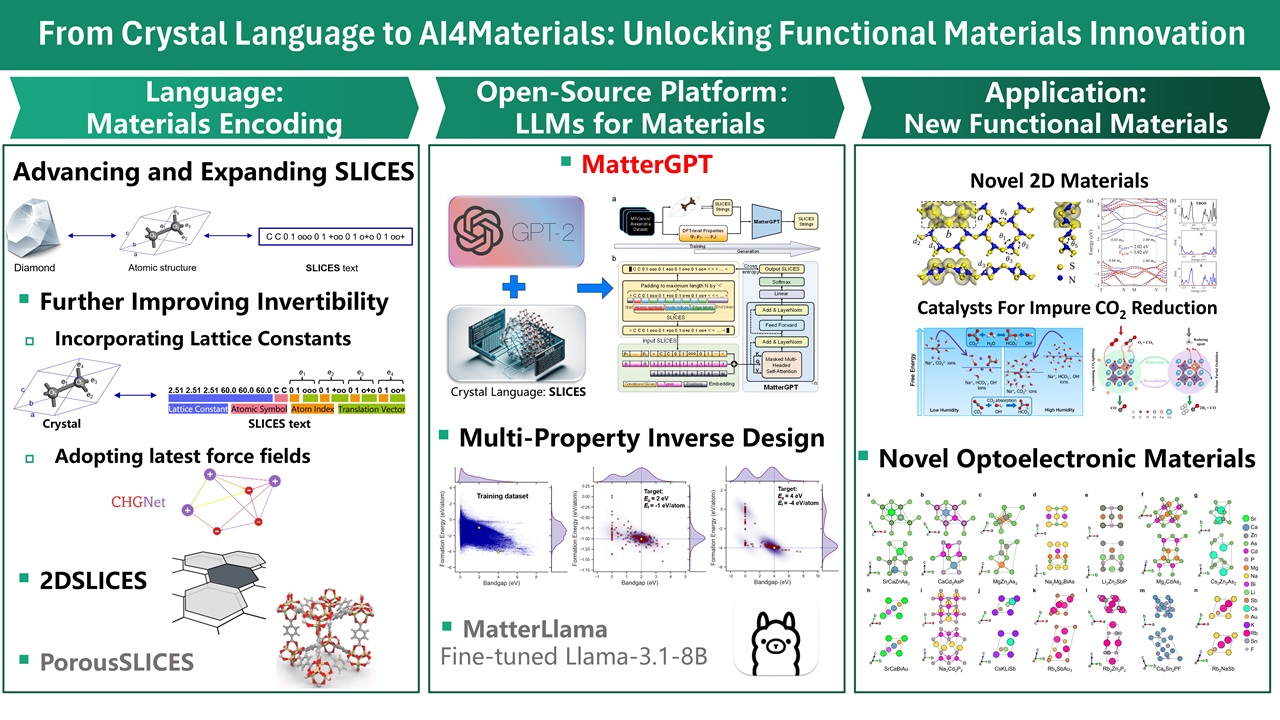 MatterGPT: AI-Powered Platform for Smart Material Design and Innovation
MatterGPT: AI-Powered Platform for Smart Material Design and Innovation -
 Micro-LED Full Colour Micro-display Technology
Micro-LED Full Colour Micro-display Technology -
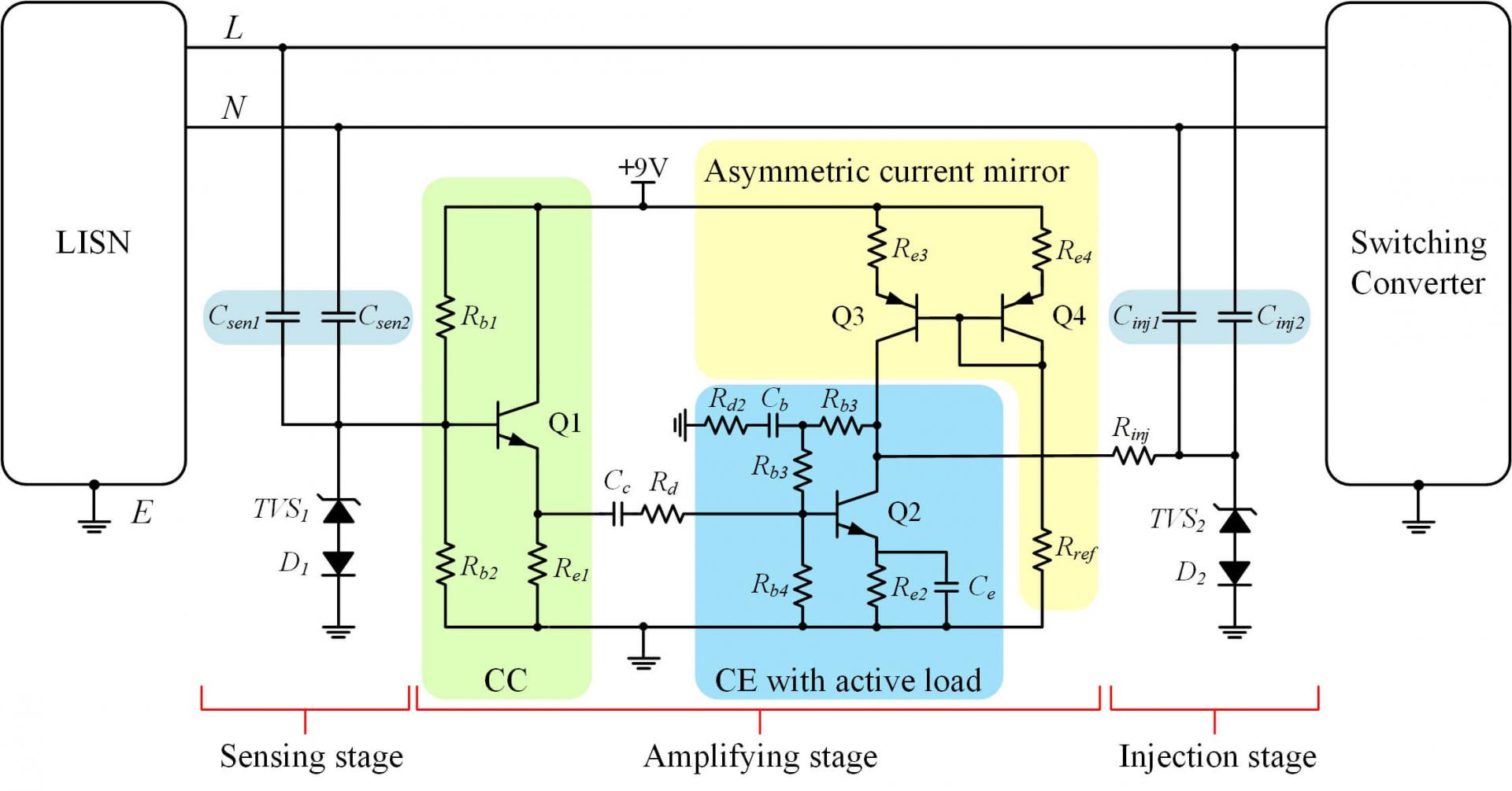 High-Attenuation Wideband Active Common-Mode EMI Filter Section
High-Attenuation Wideband Active Common-Mode EMI Filter Section -
 Smart Pier and Coastal Structure Monitoring System
Smart Pier and Coastal Structure Monitoring System -
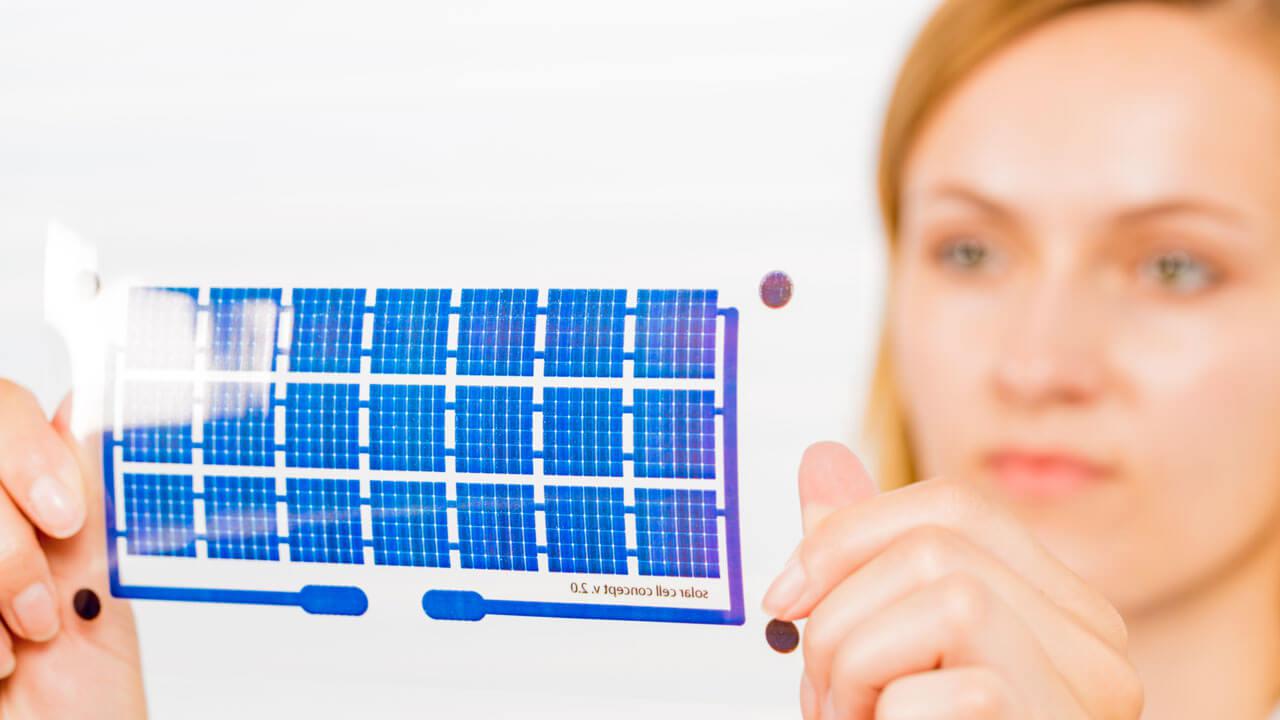 Large Area, Highly-Flexible Metamaterials for Potential Application in Organic Electronics
Large Area, Highly-Flexible Metamaterials for Potential Application in Organic Electronics -
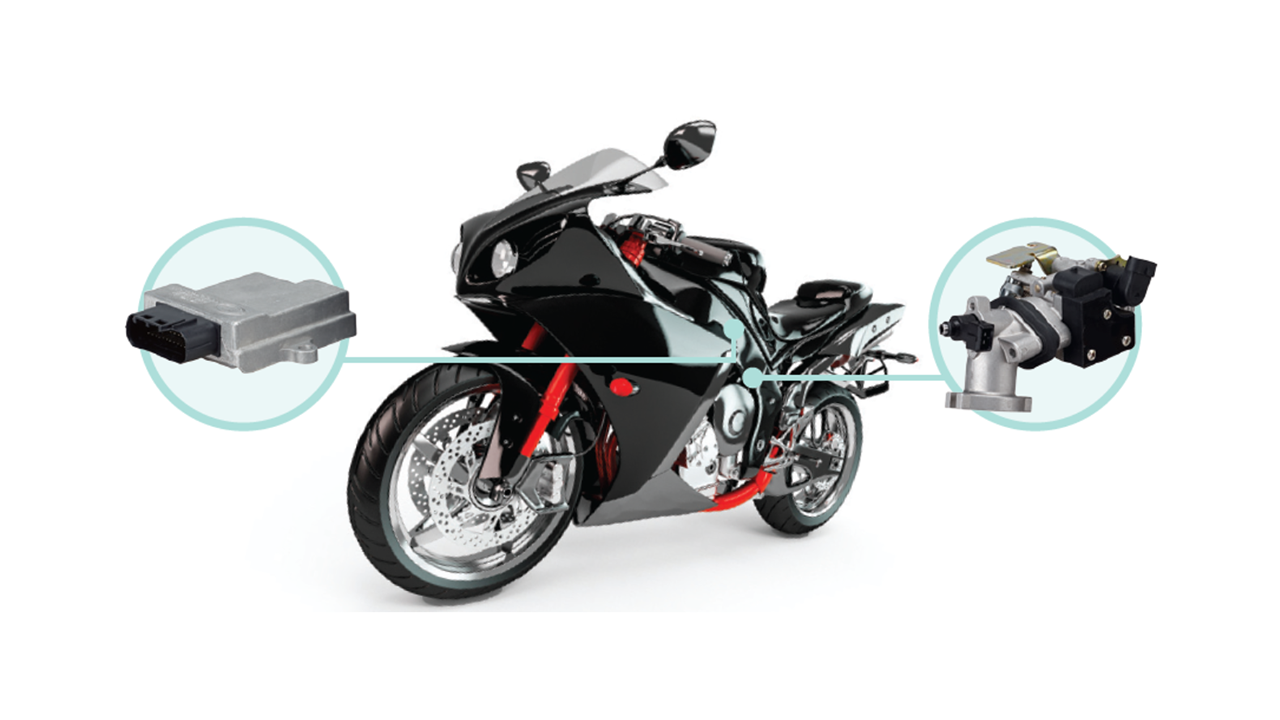 New Generation Advanced Motorcycle Electronic Fuel Injection System
New Generation Advanced Motorcycle Electronic Fuel Injection System -
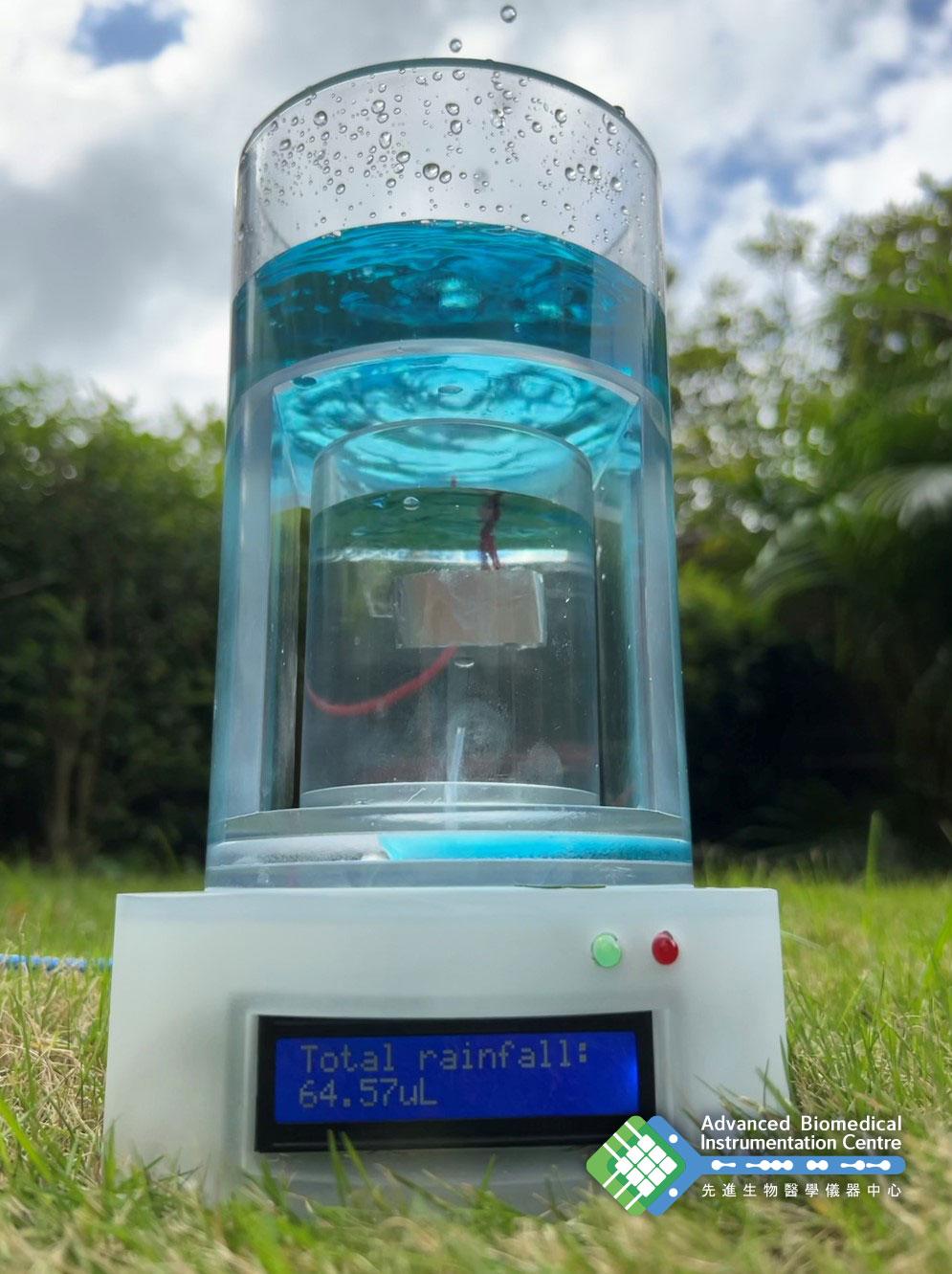 All-Liquid Triboelectric Nanogenerator for Energy Harvesting and Self-Powered Device
All-Liquid Triboelectric Nanogenerator for Energy Harvesting and Self-Powered Device -
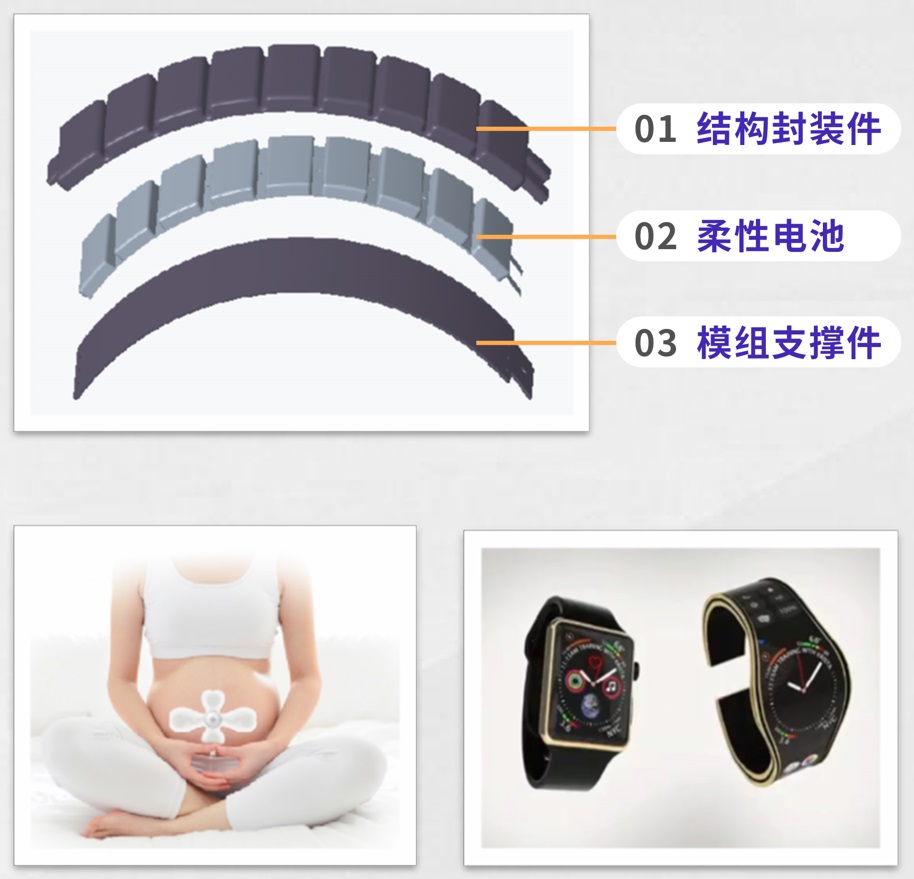 Flexible battery
Flexible battery -
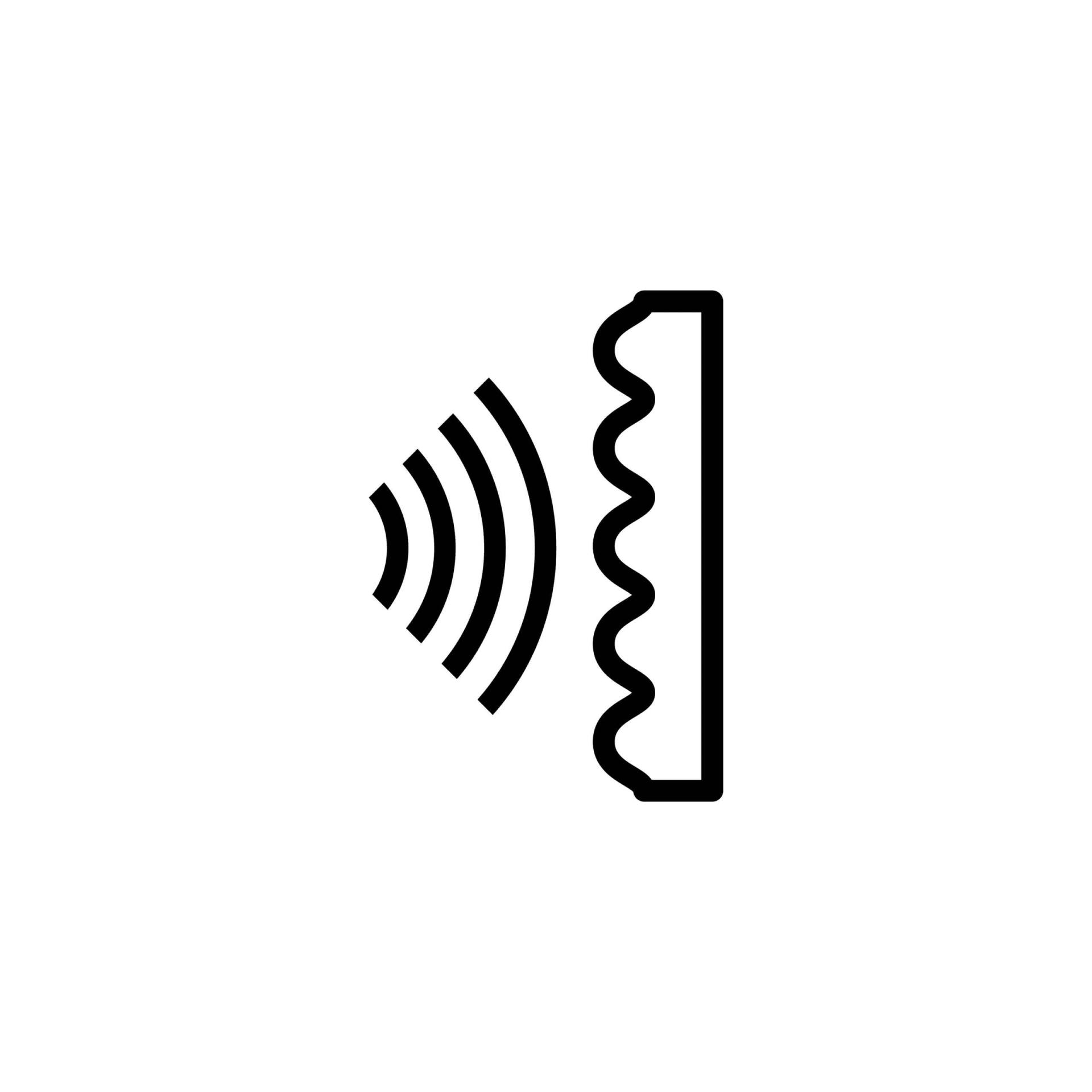 Acoustic Metamaterials
Acoustic Metamaterials -
 Electric Powertrain with Integrated Three-speed Automatic Transmission
Electric Powertrain with Integrated Three-speed Automatic Transmission -
 Autonomous Vehicle
Autonomous Vehicle -
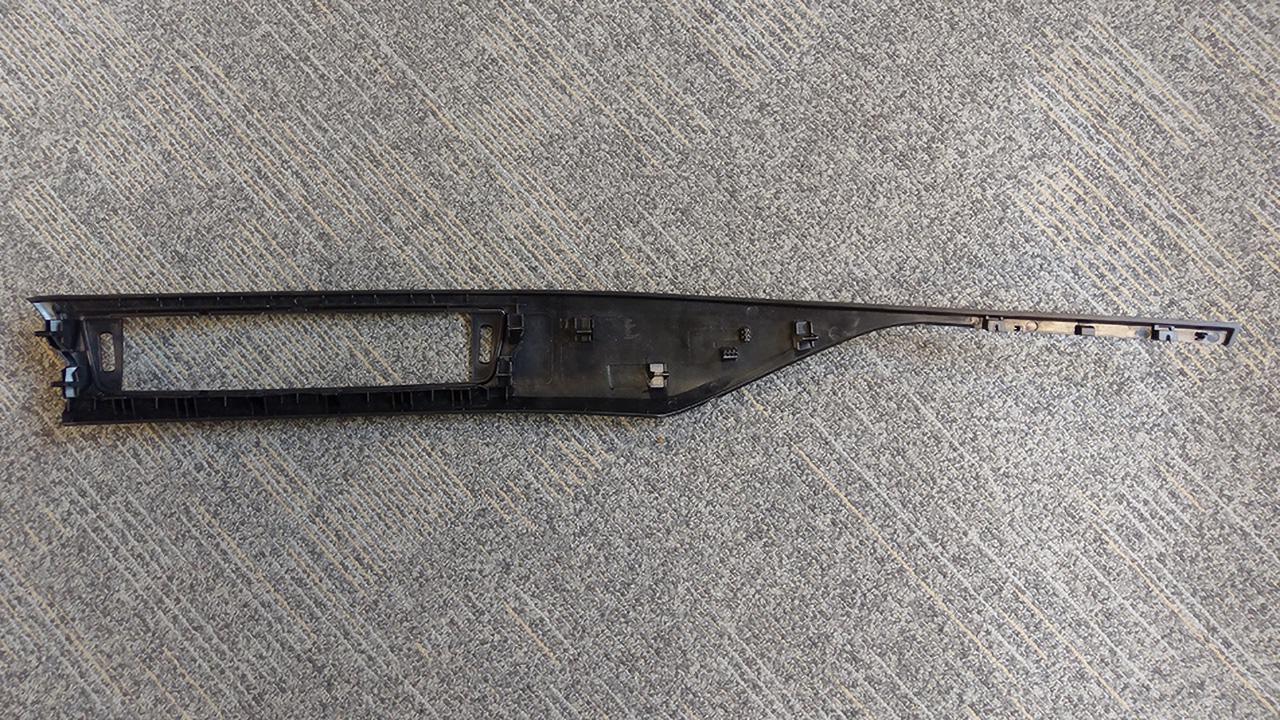 Hybrid Moulding Technologies with Effective Adhesion/Bonding Mechanism
Hybrid Moulding Technologies with Effective Adhesion/Bonding Mechanism -
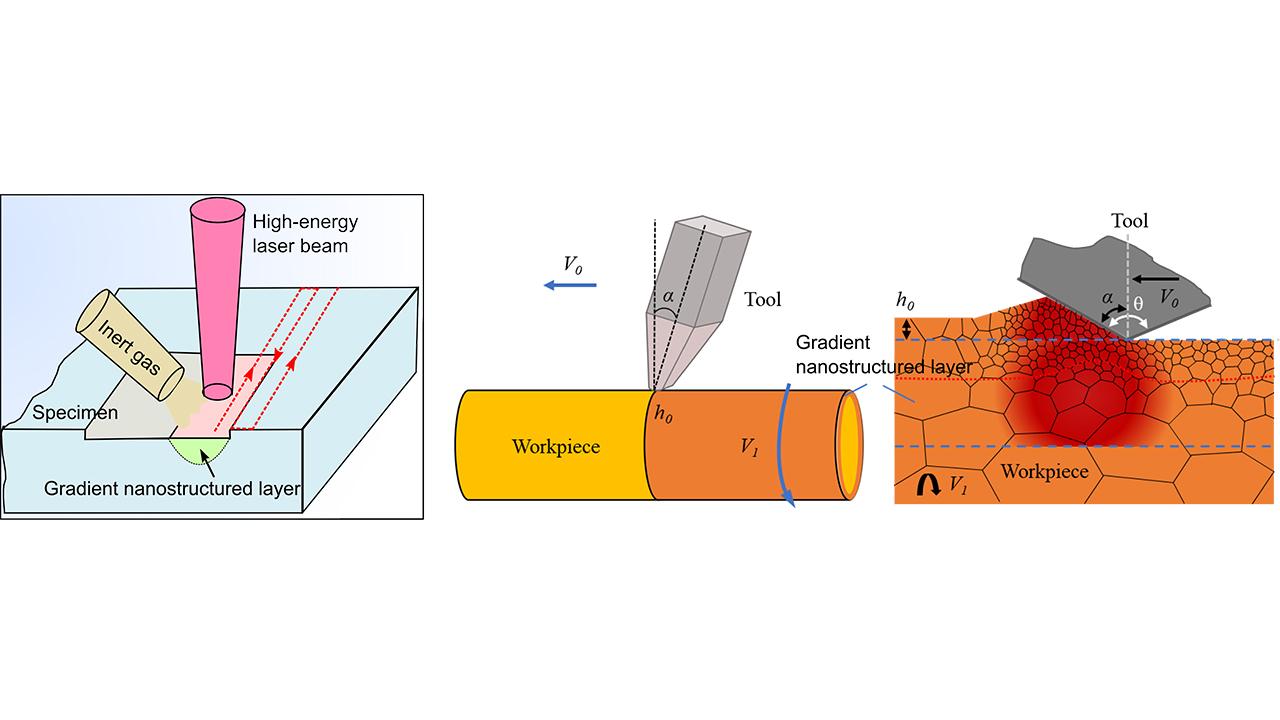 Advanced Surface Treatment Platforms for Superior-performance Gradient Nanostructured Steels
Advanced Surface Treatment Platforms for Superior-performance Gradient Nanostructured Steels
